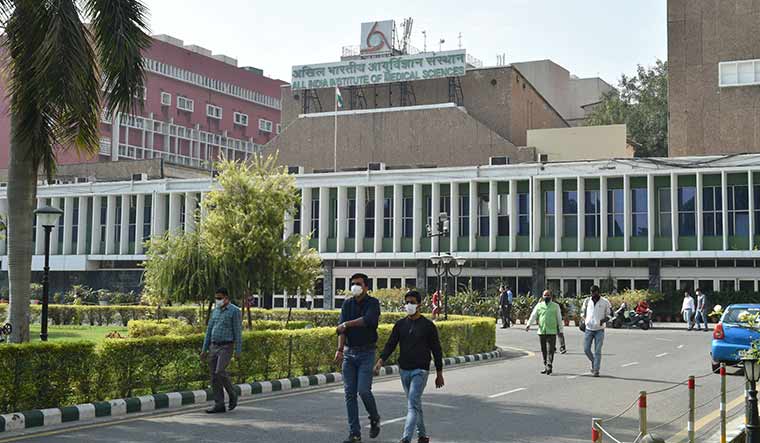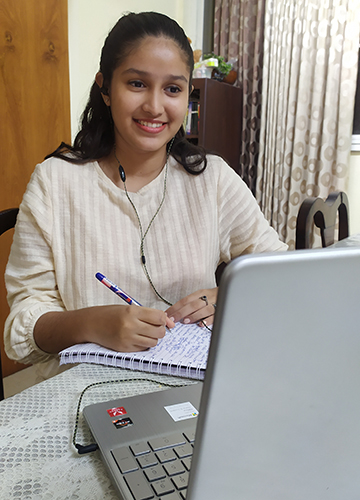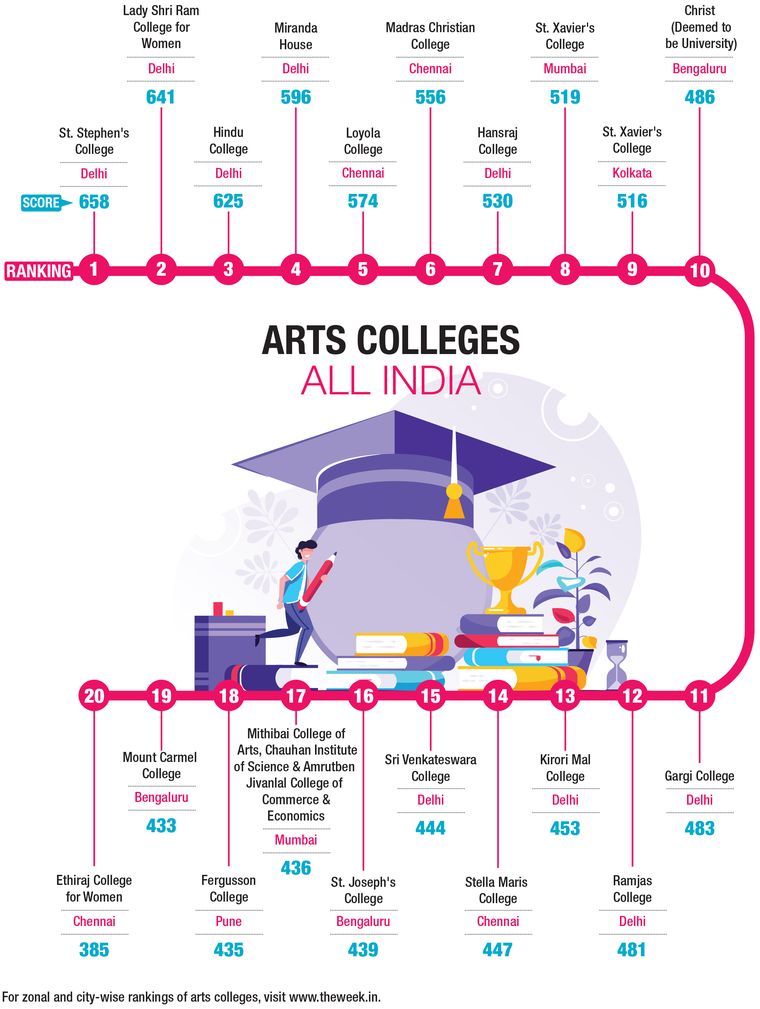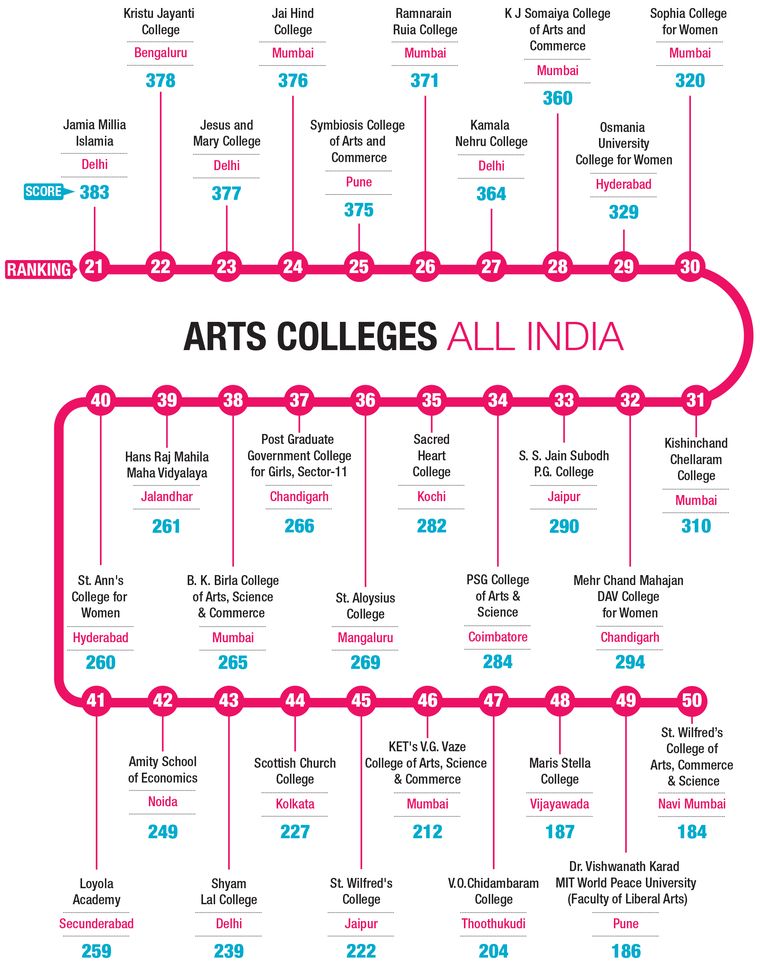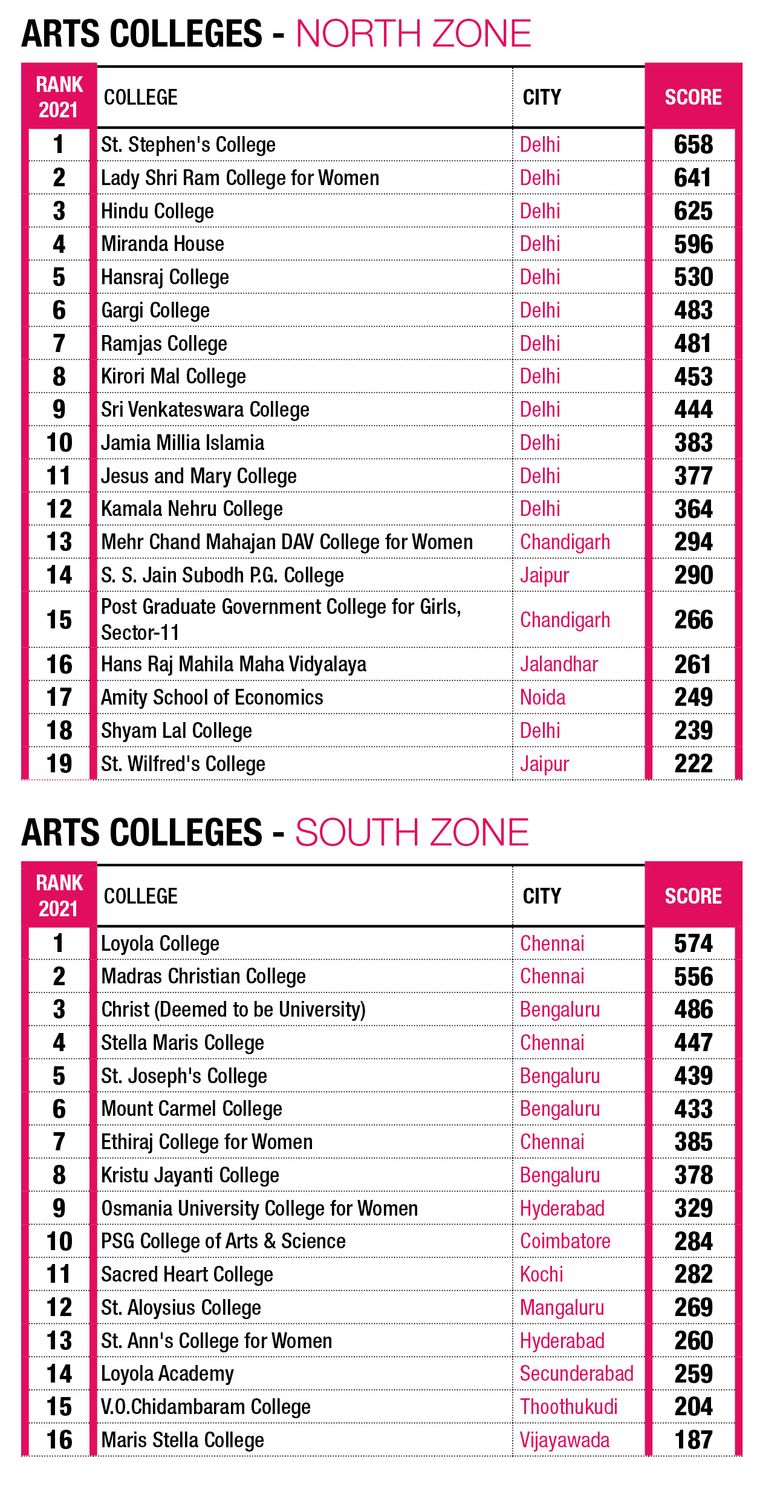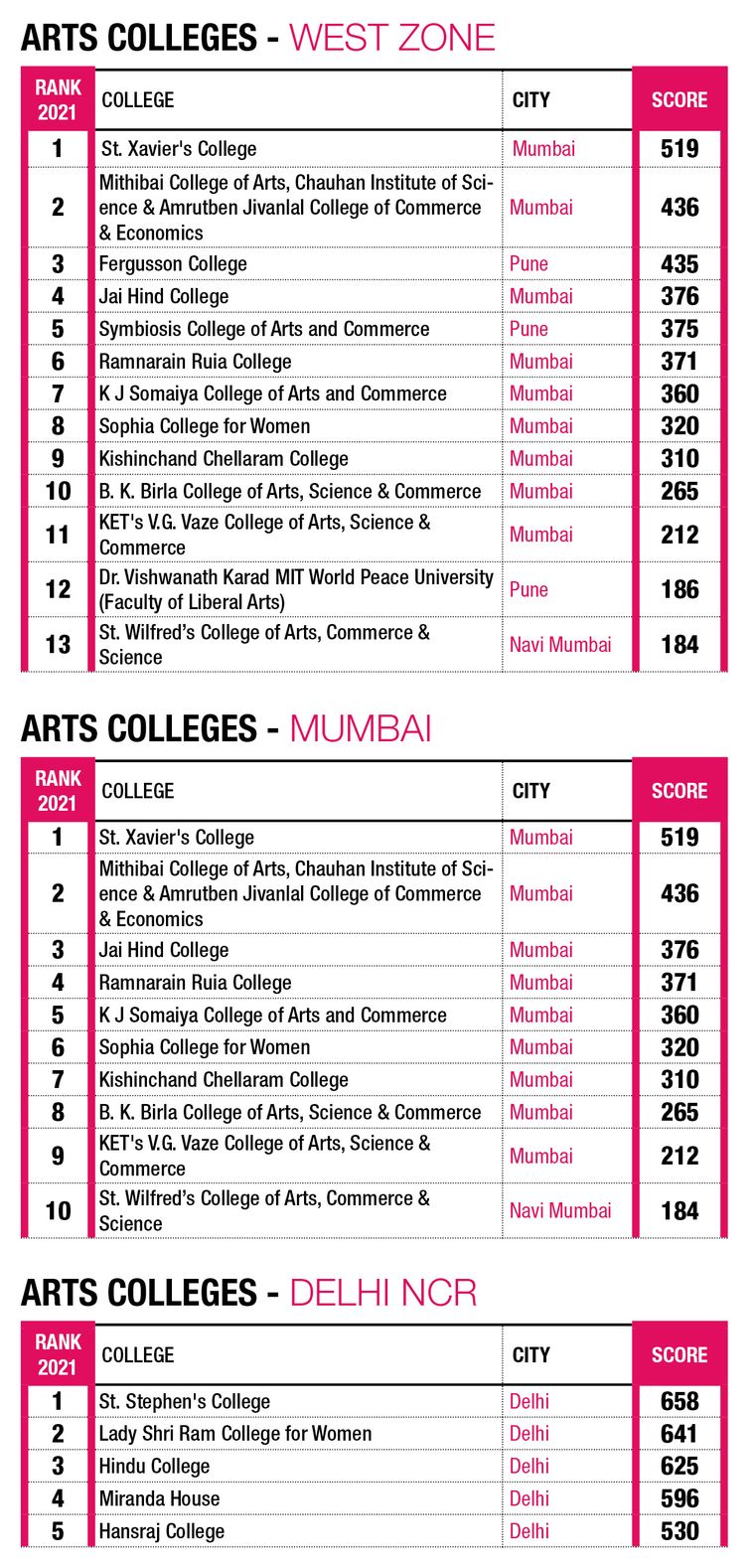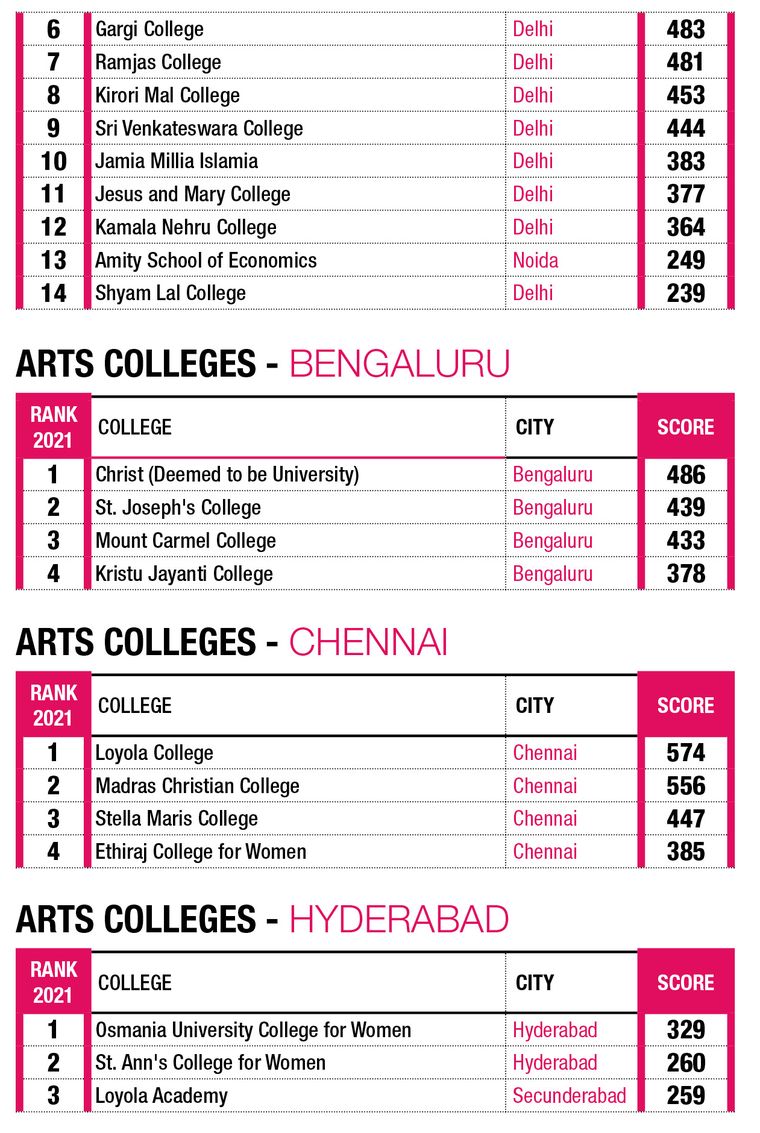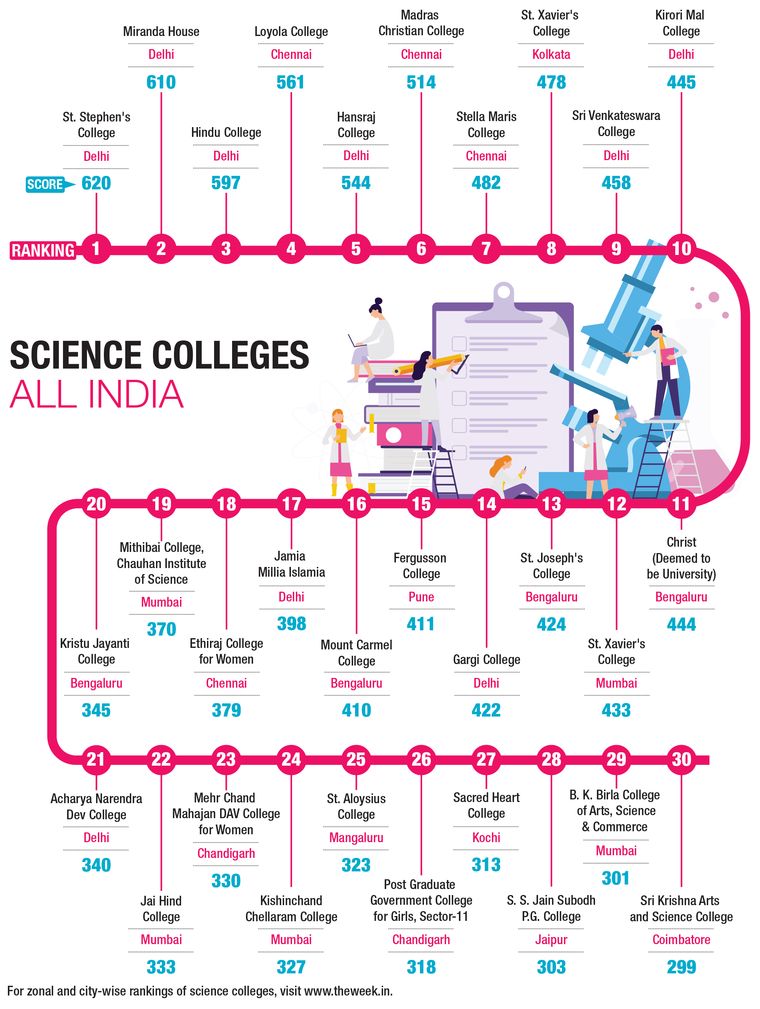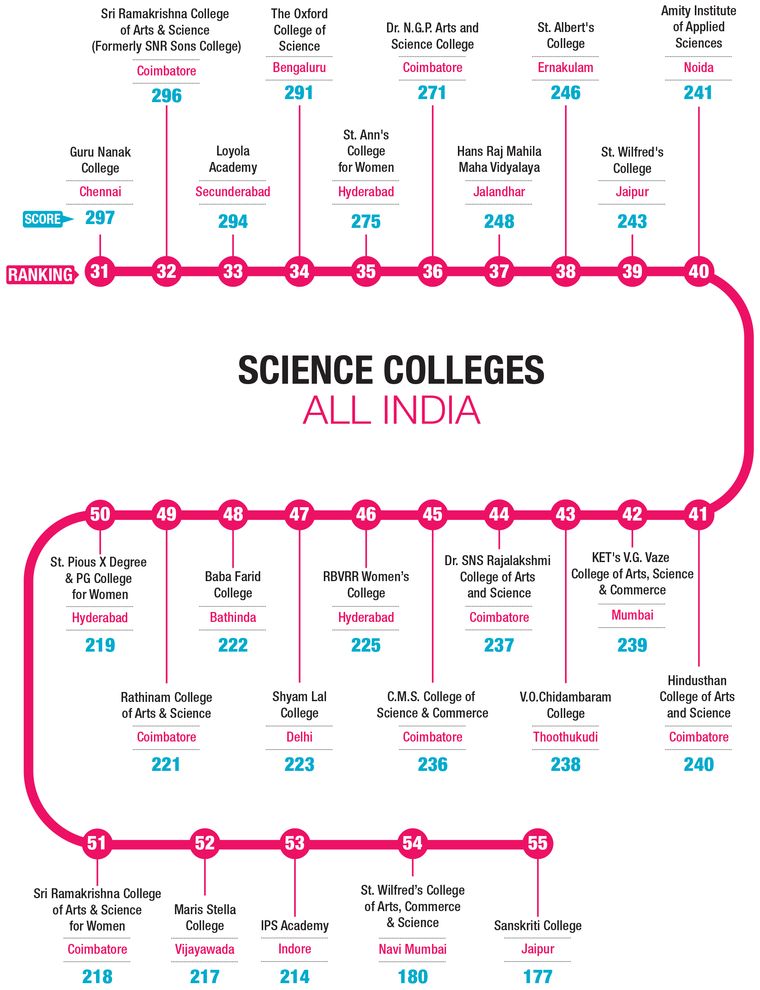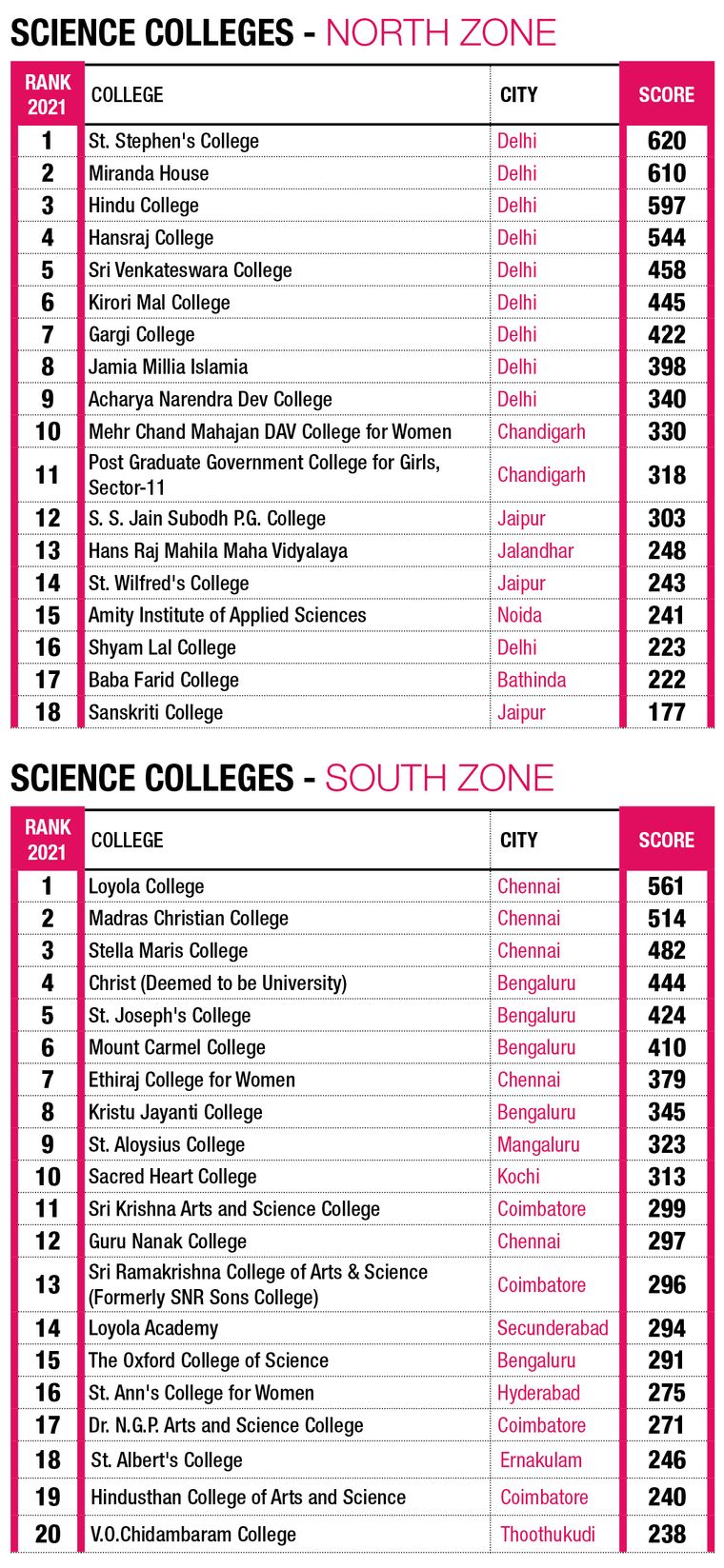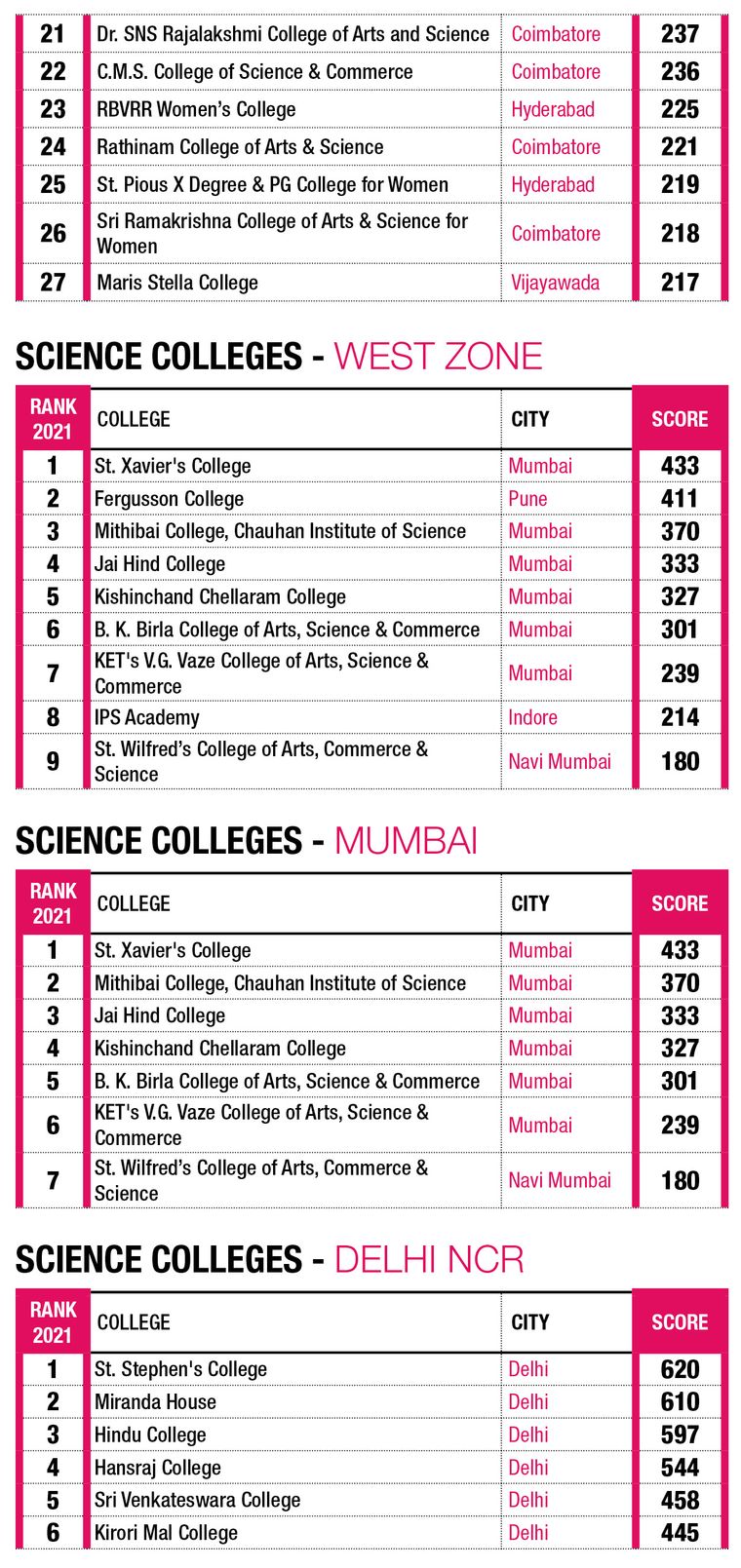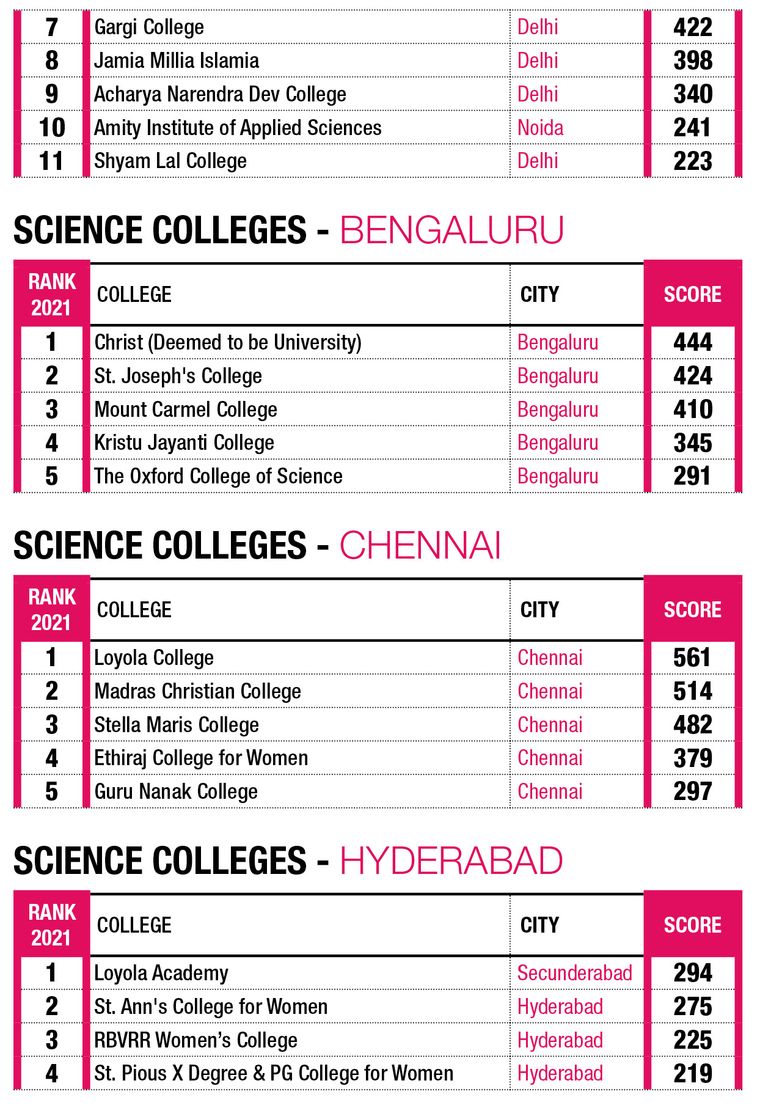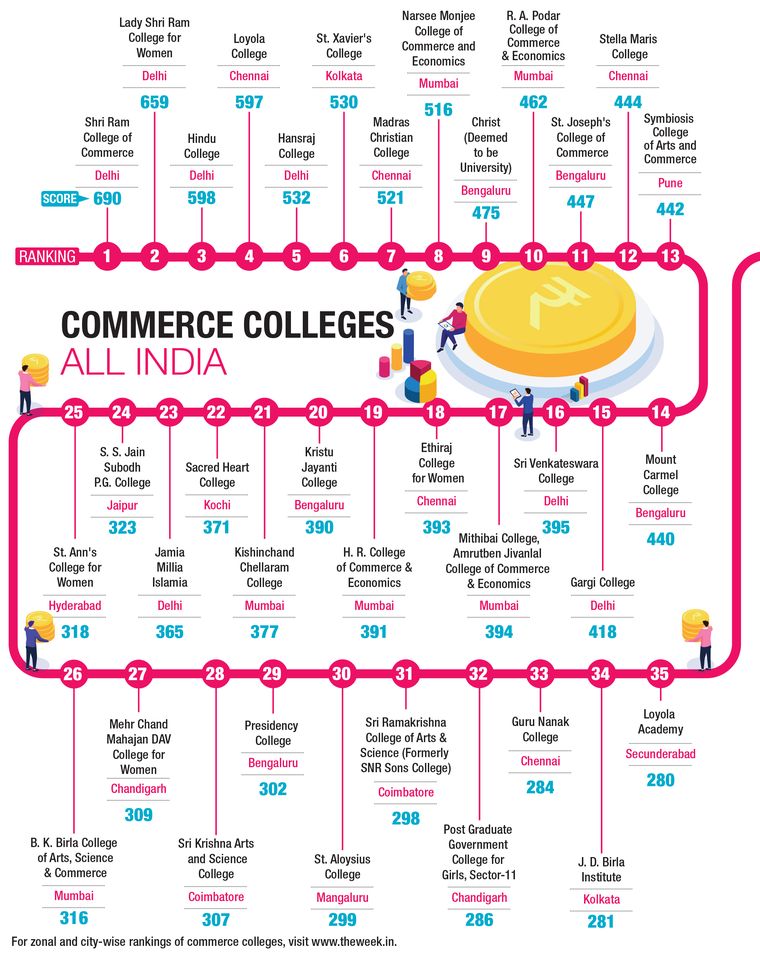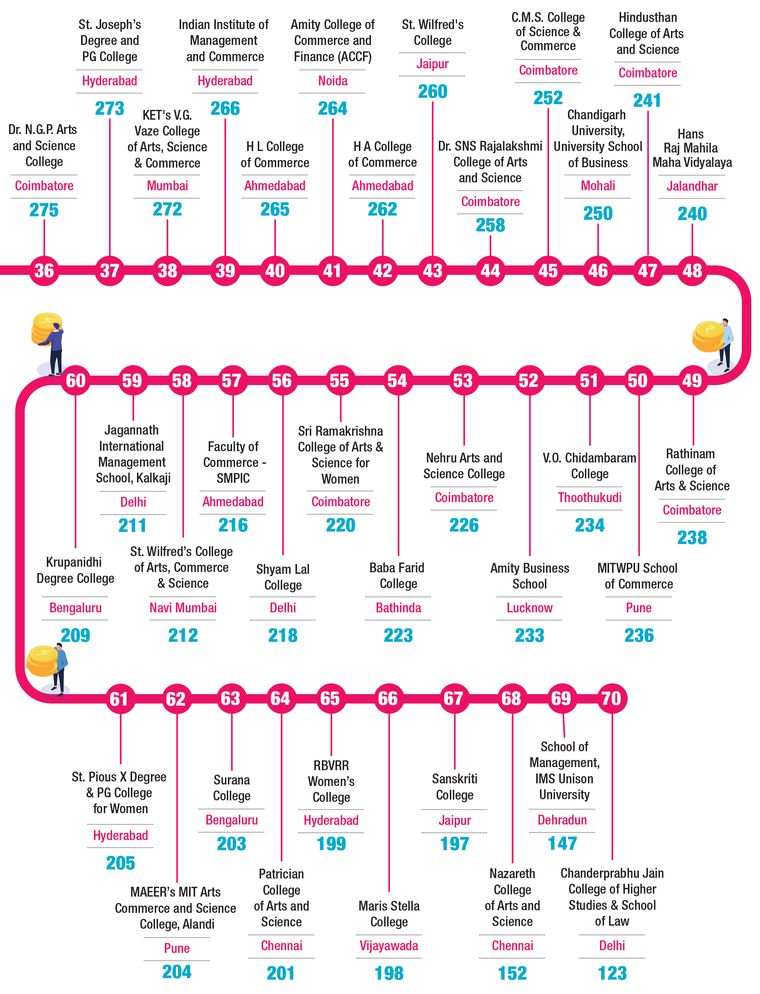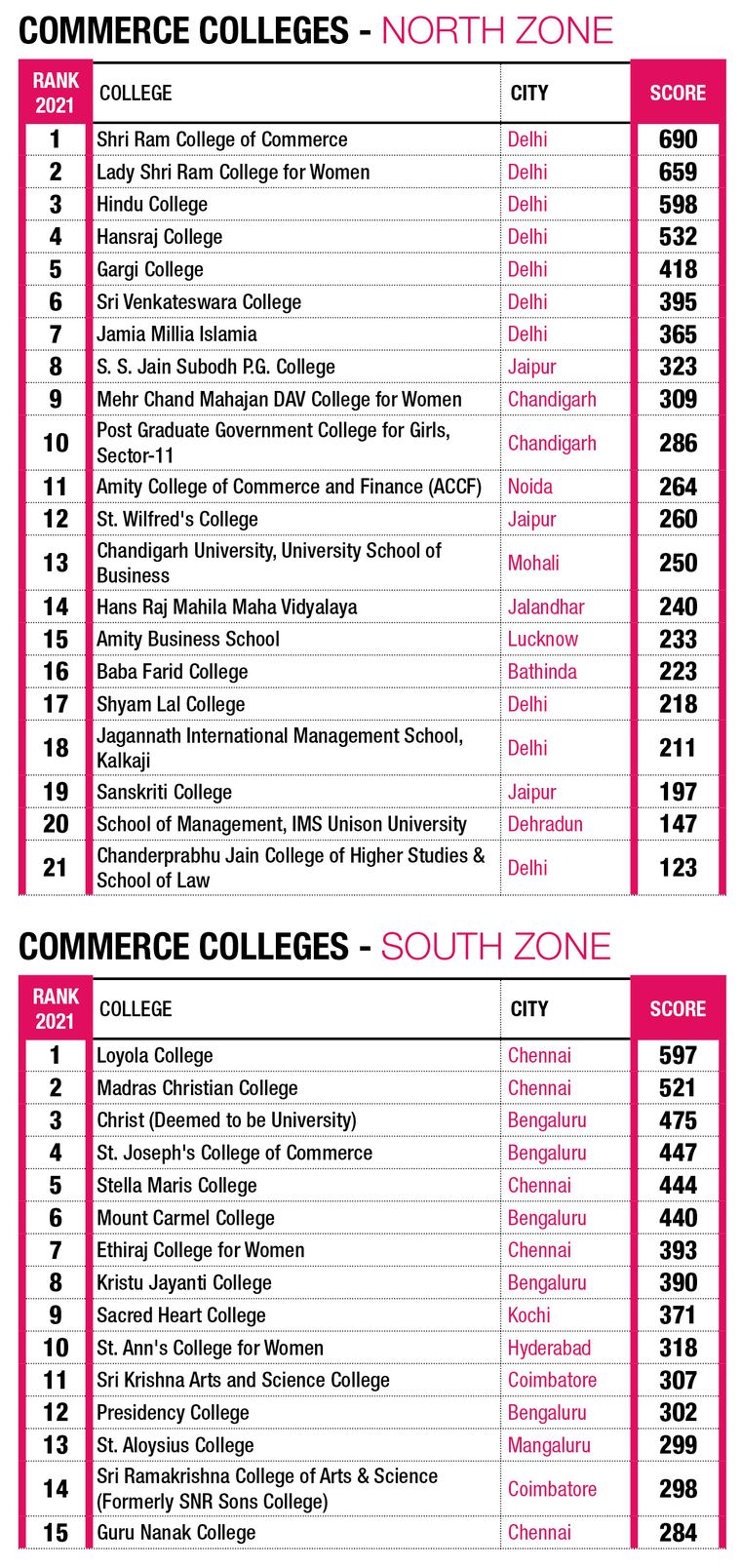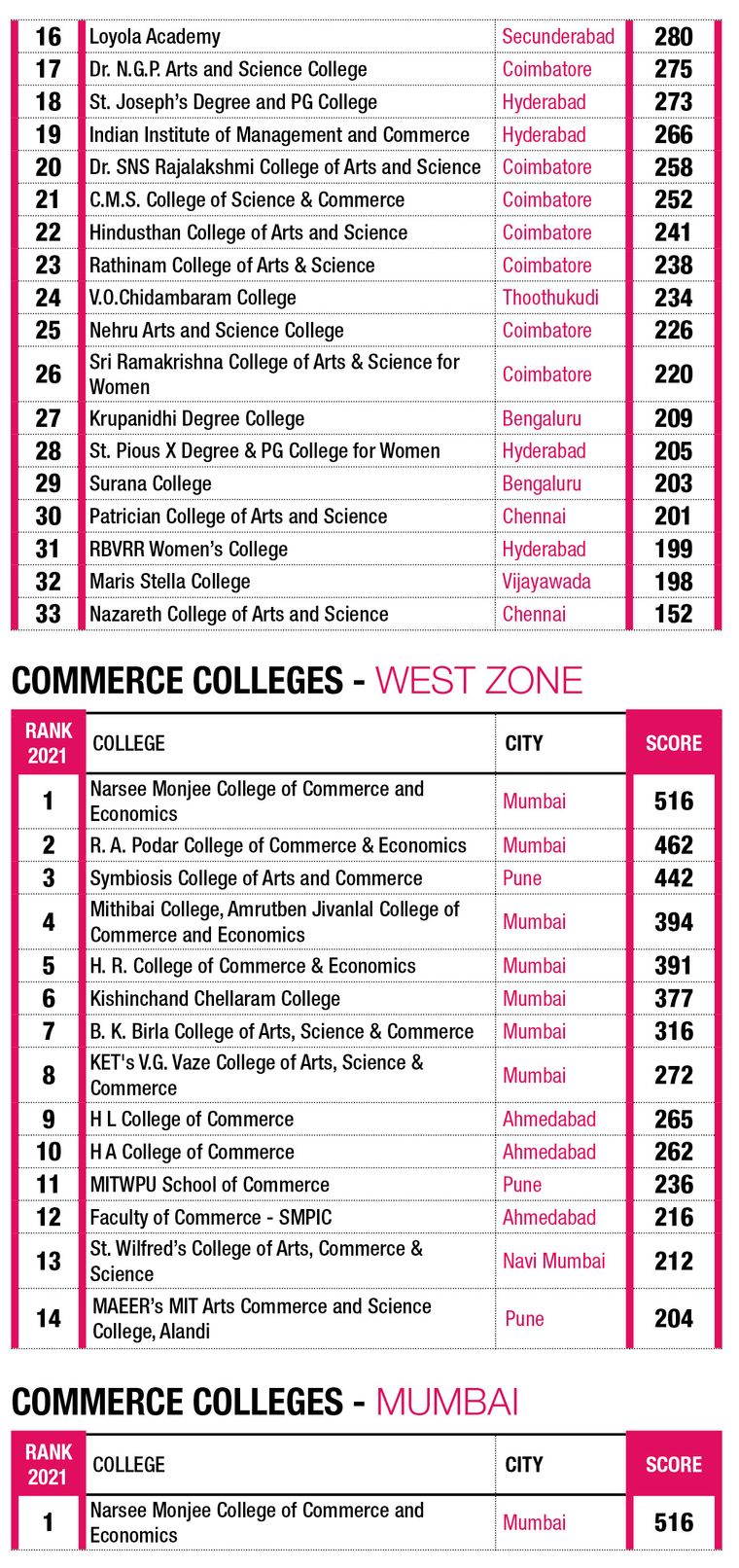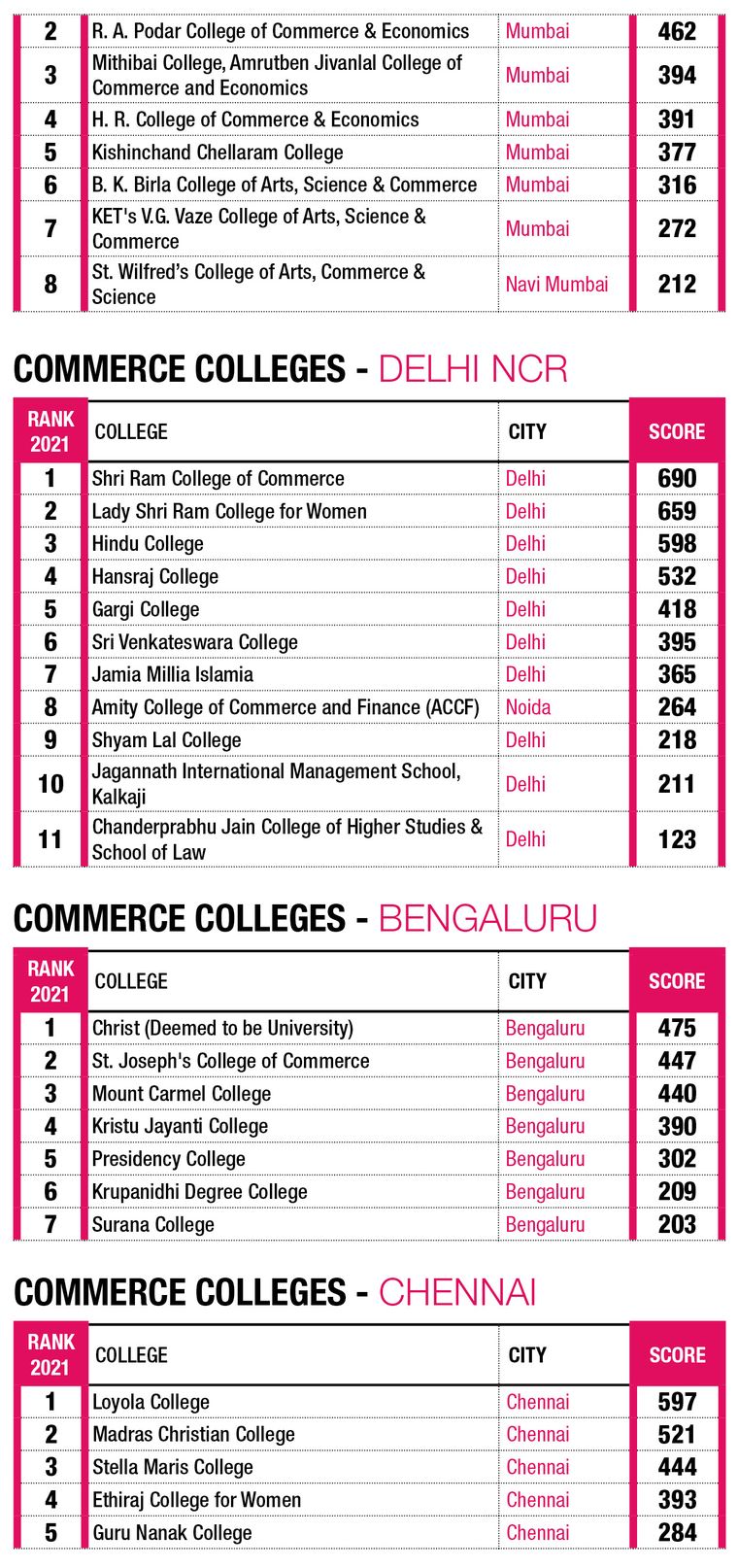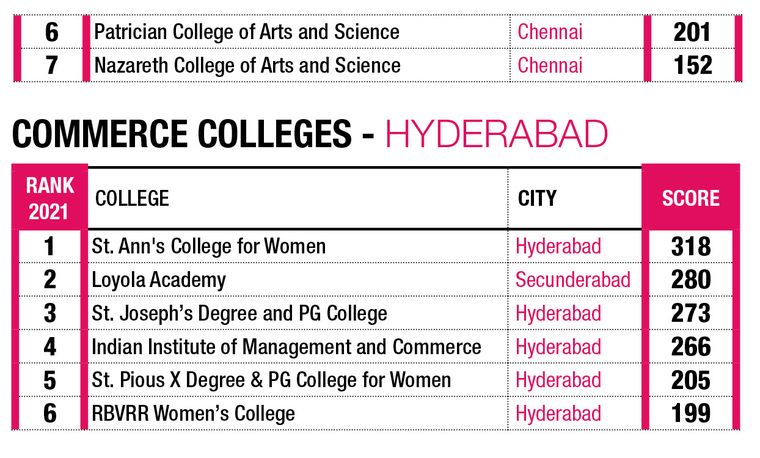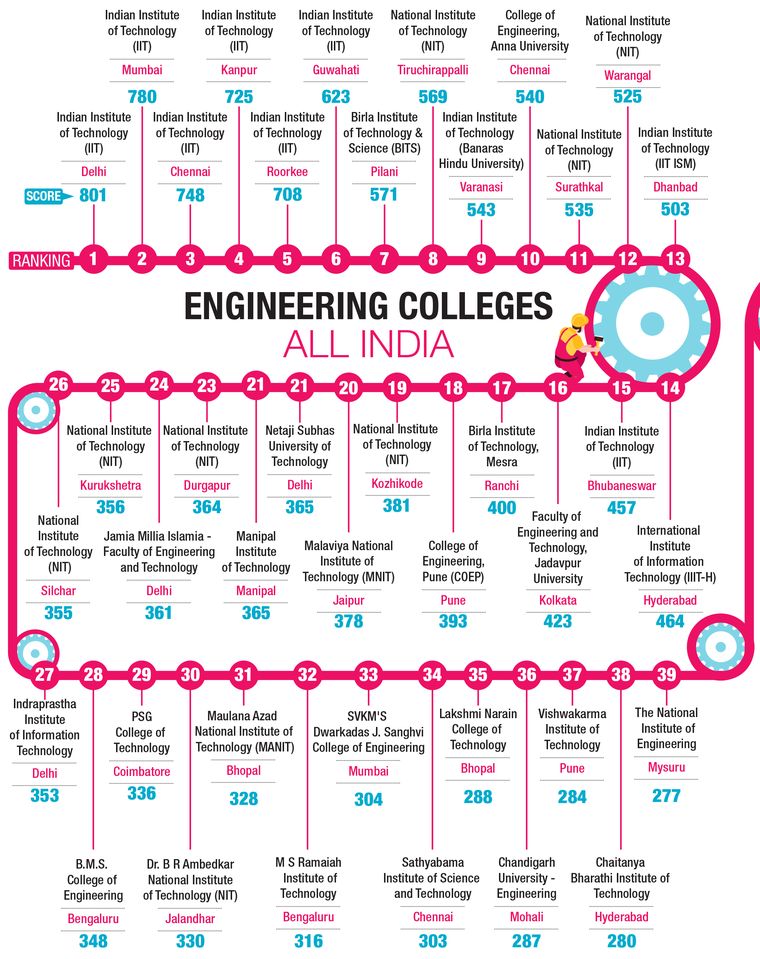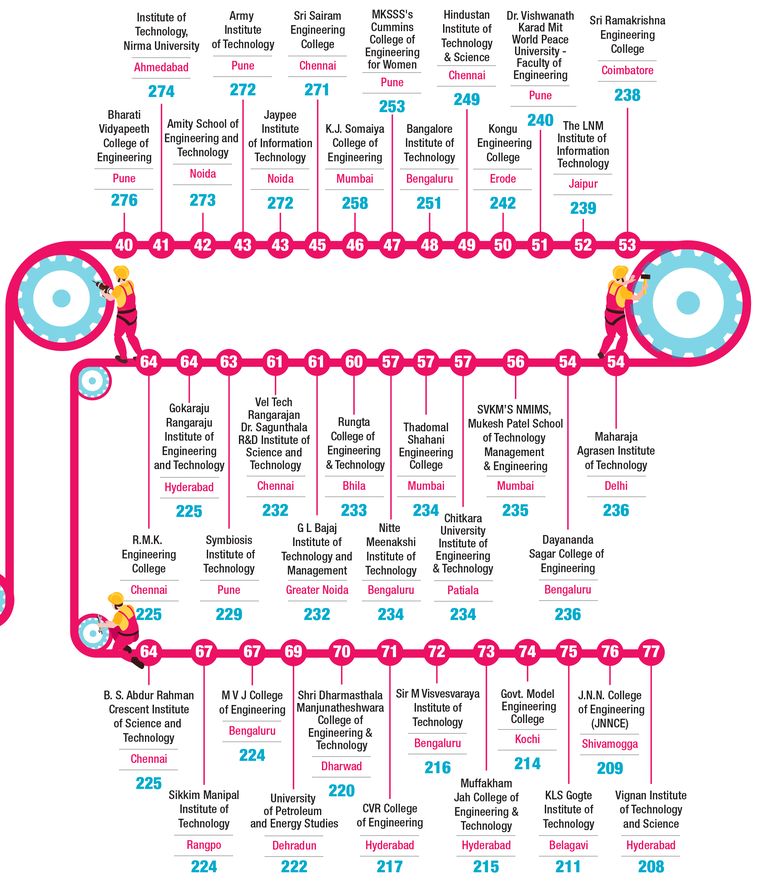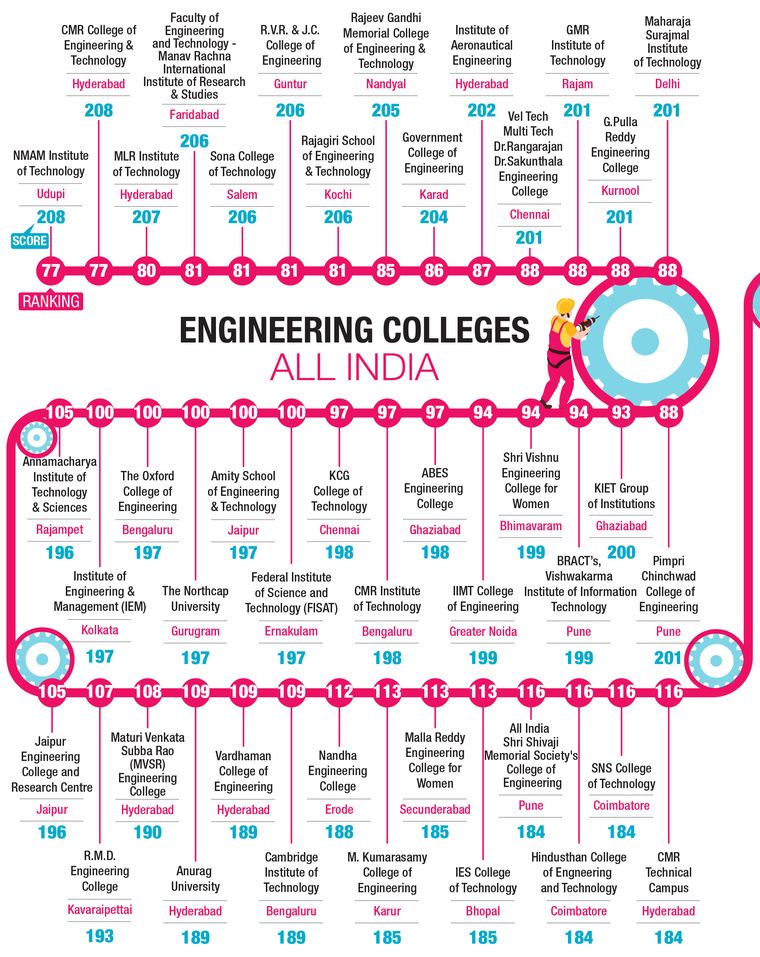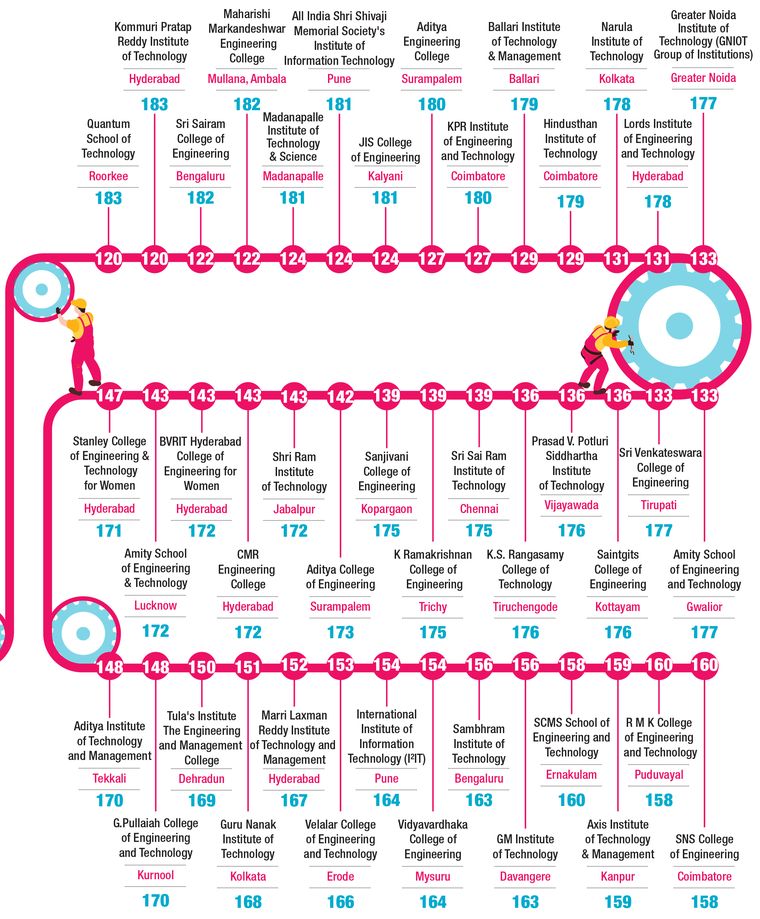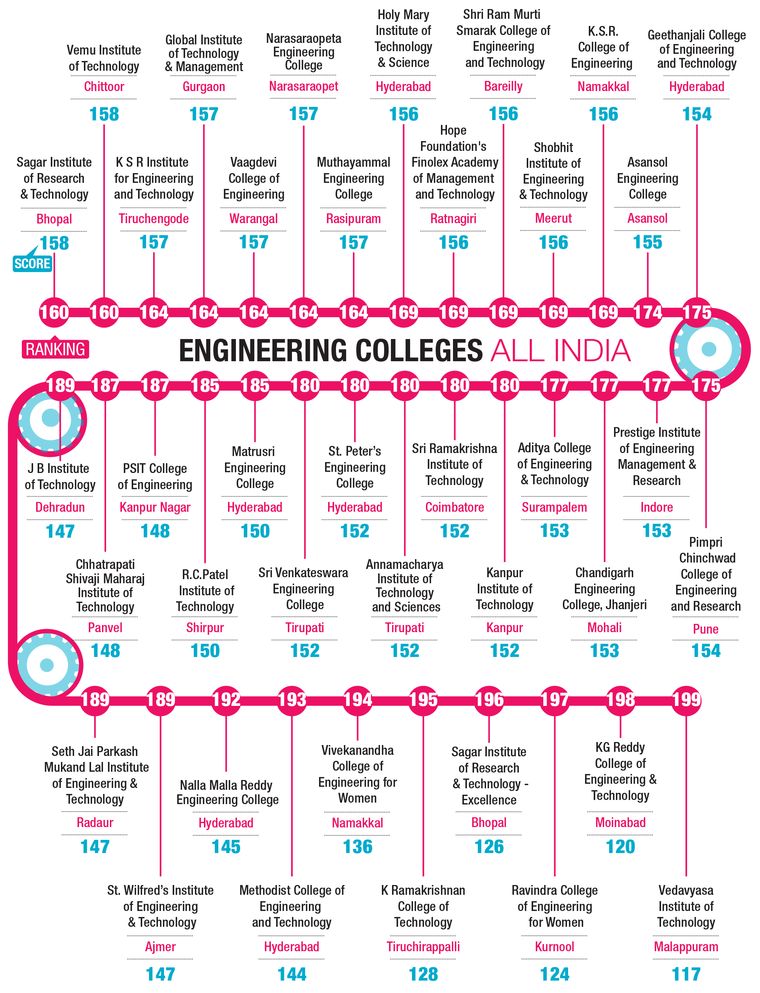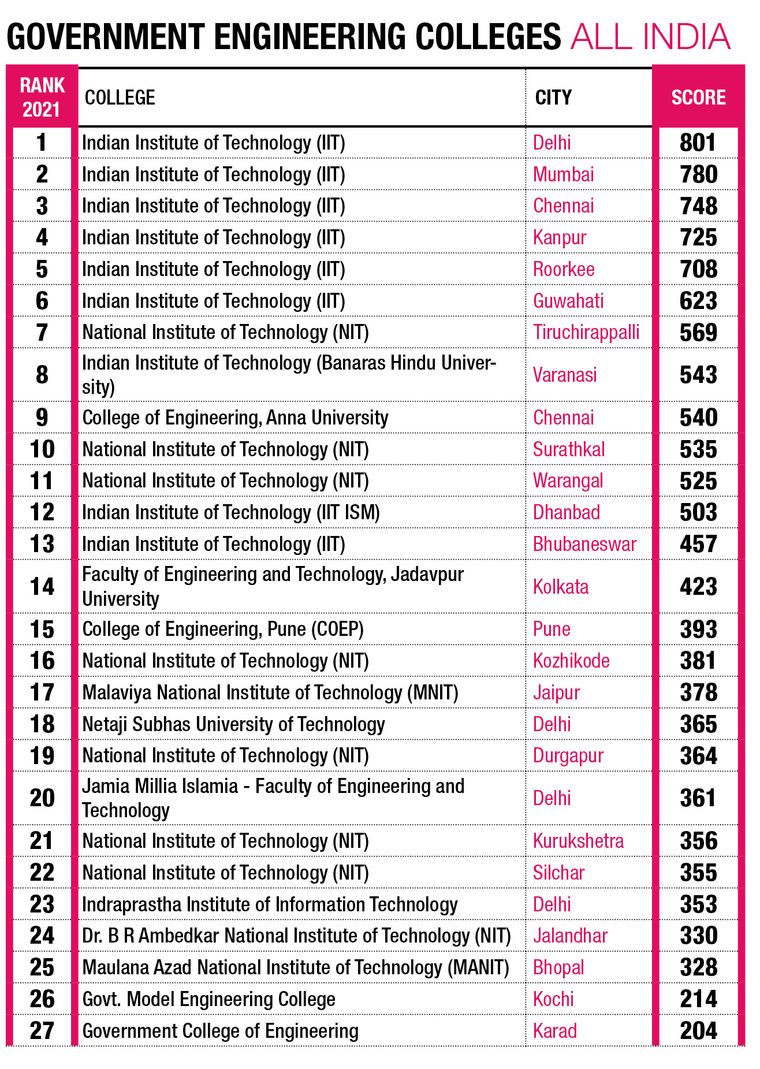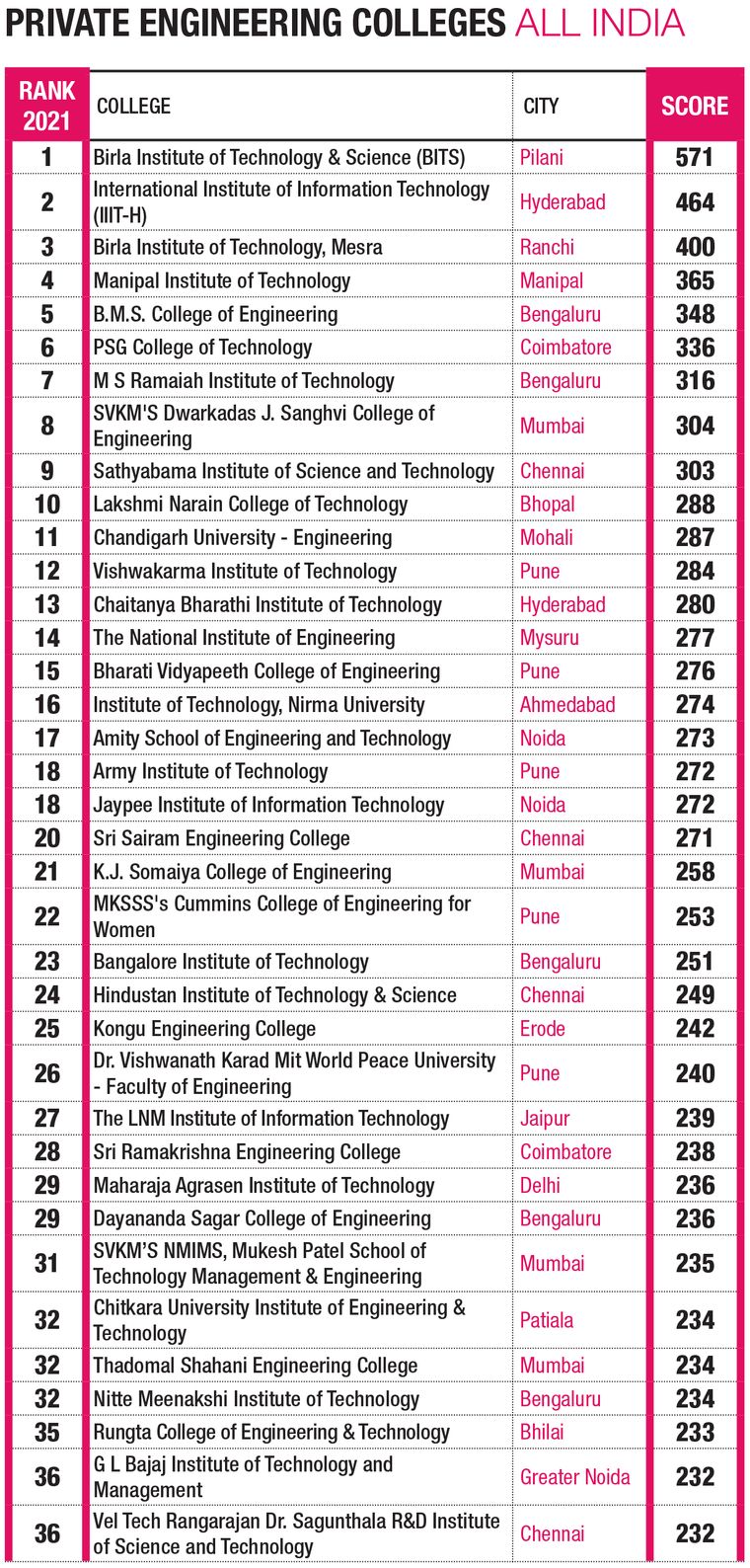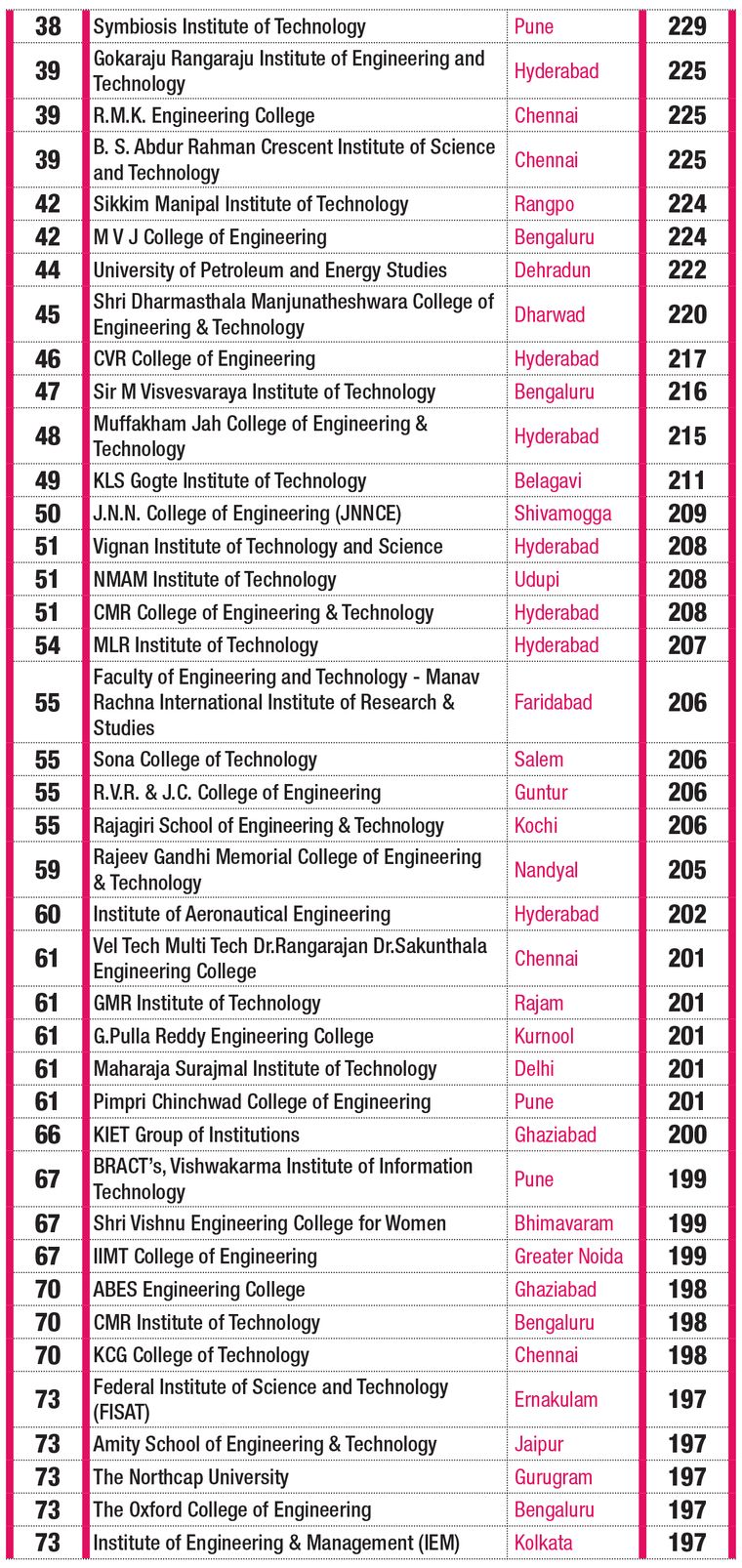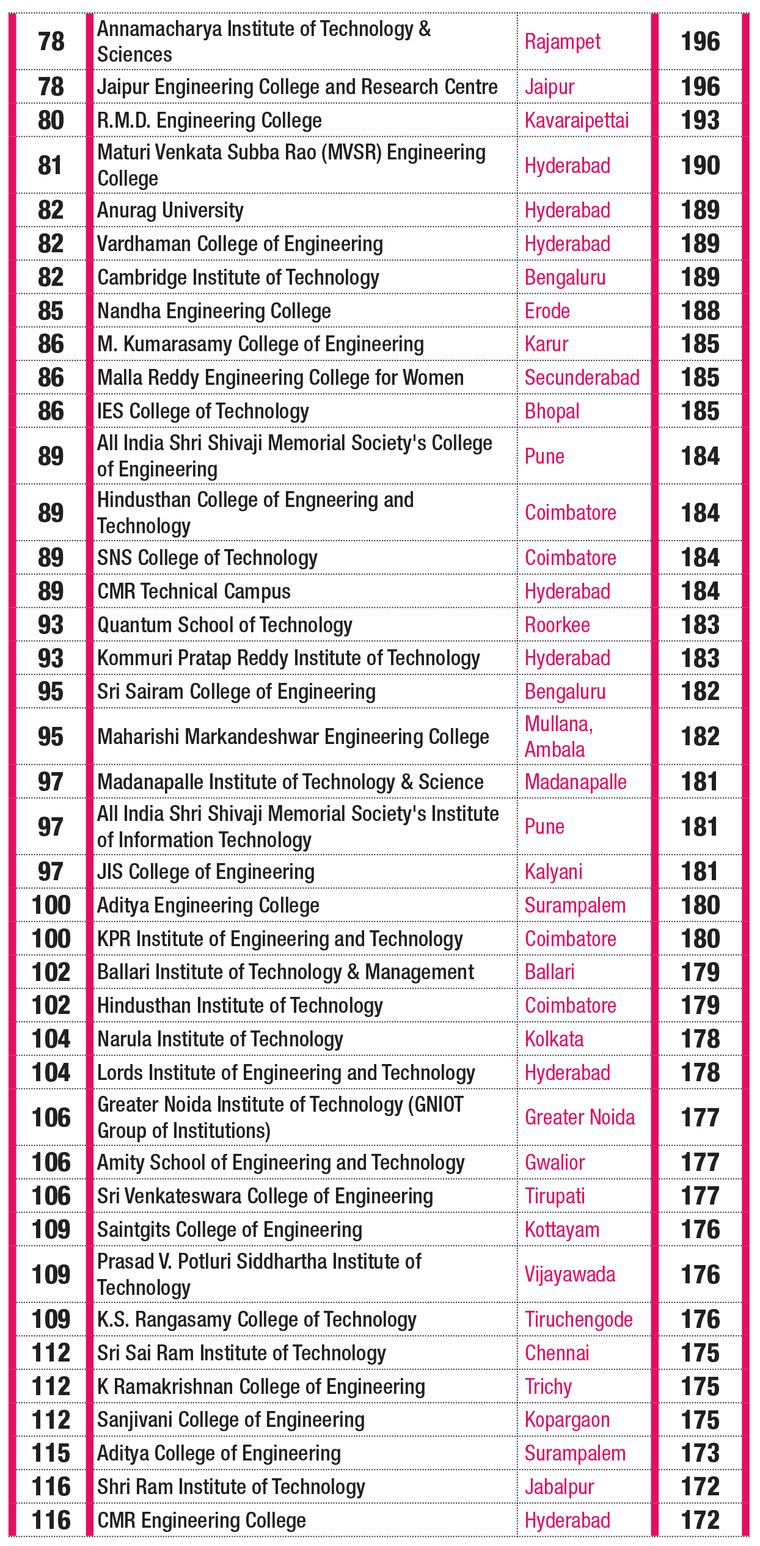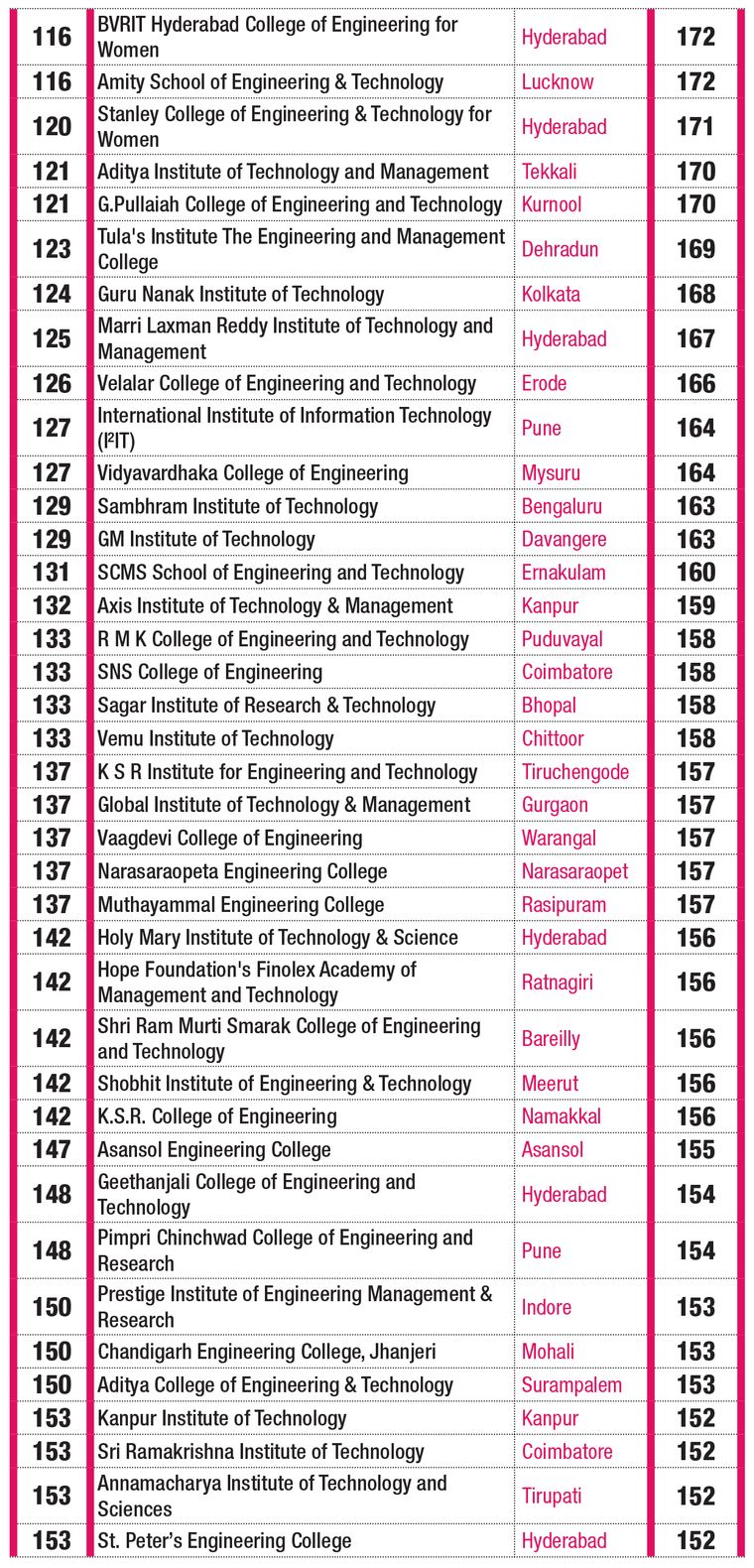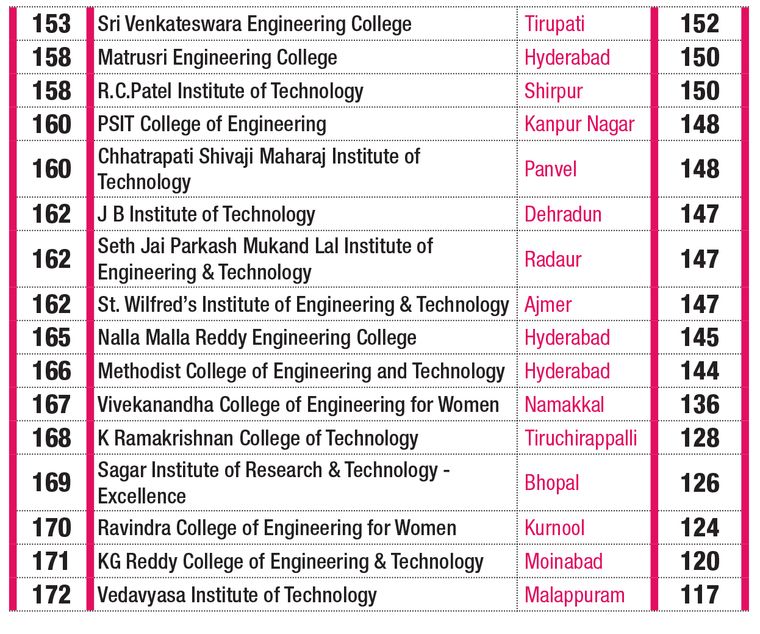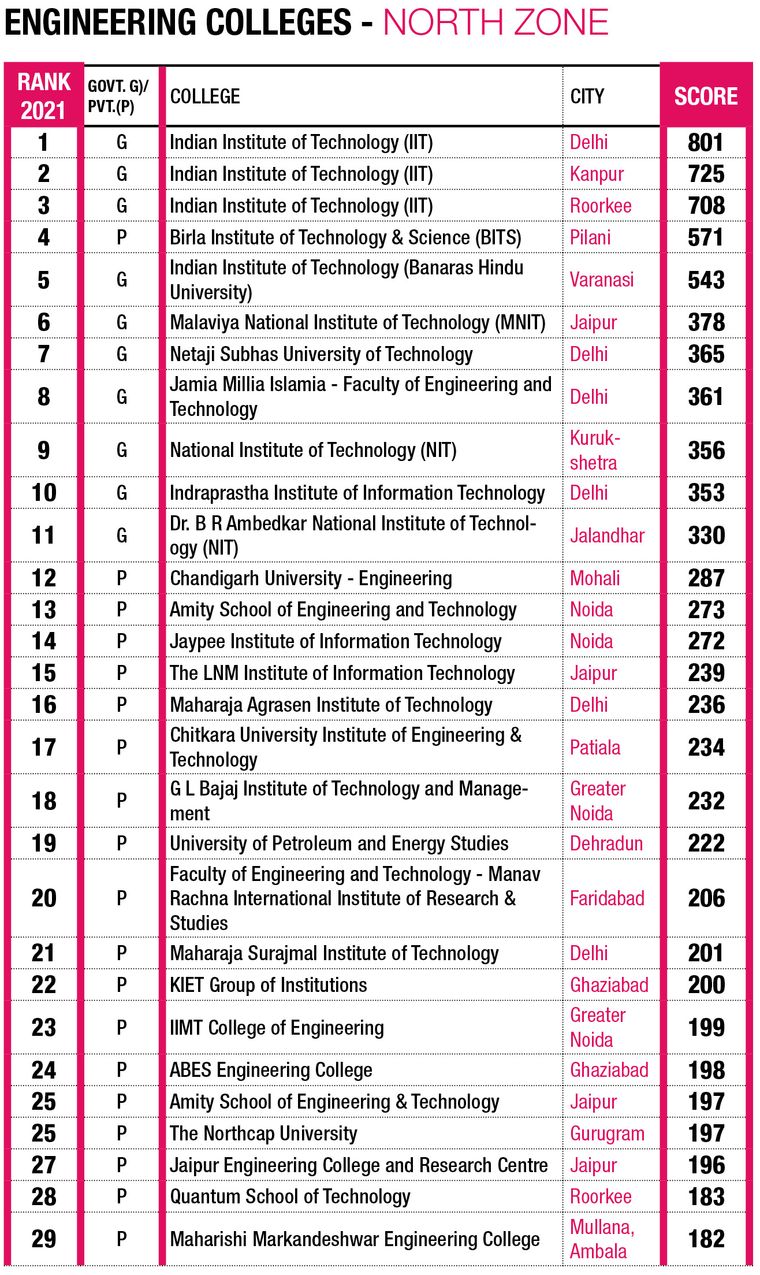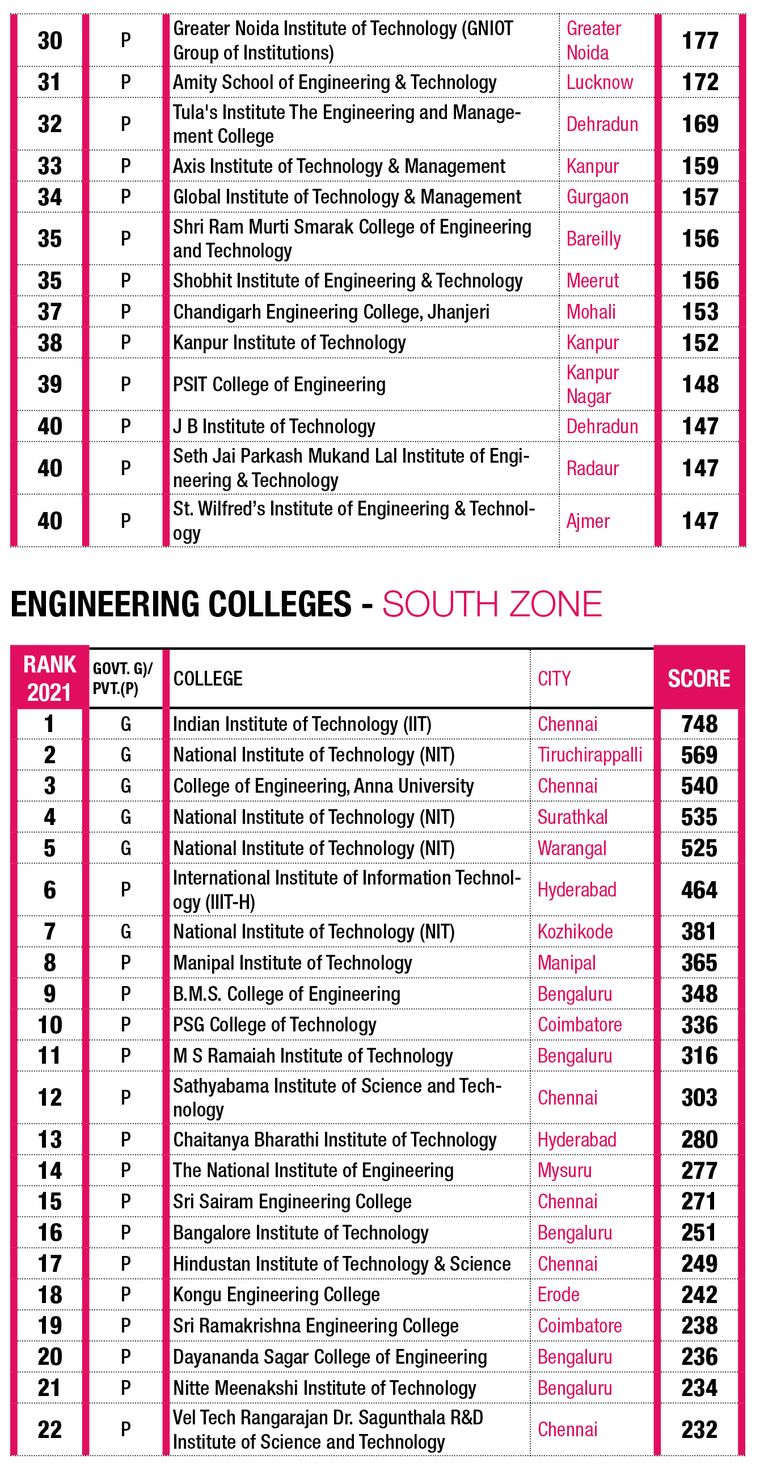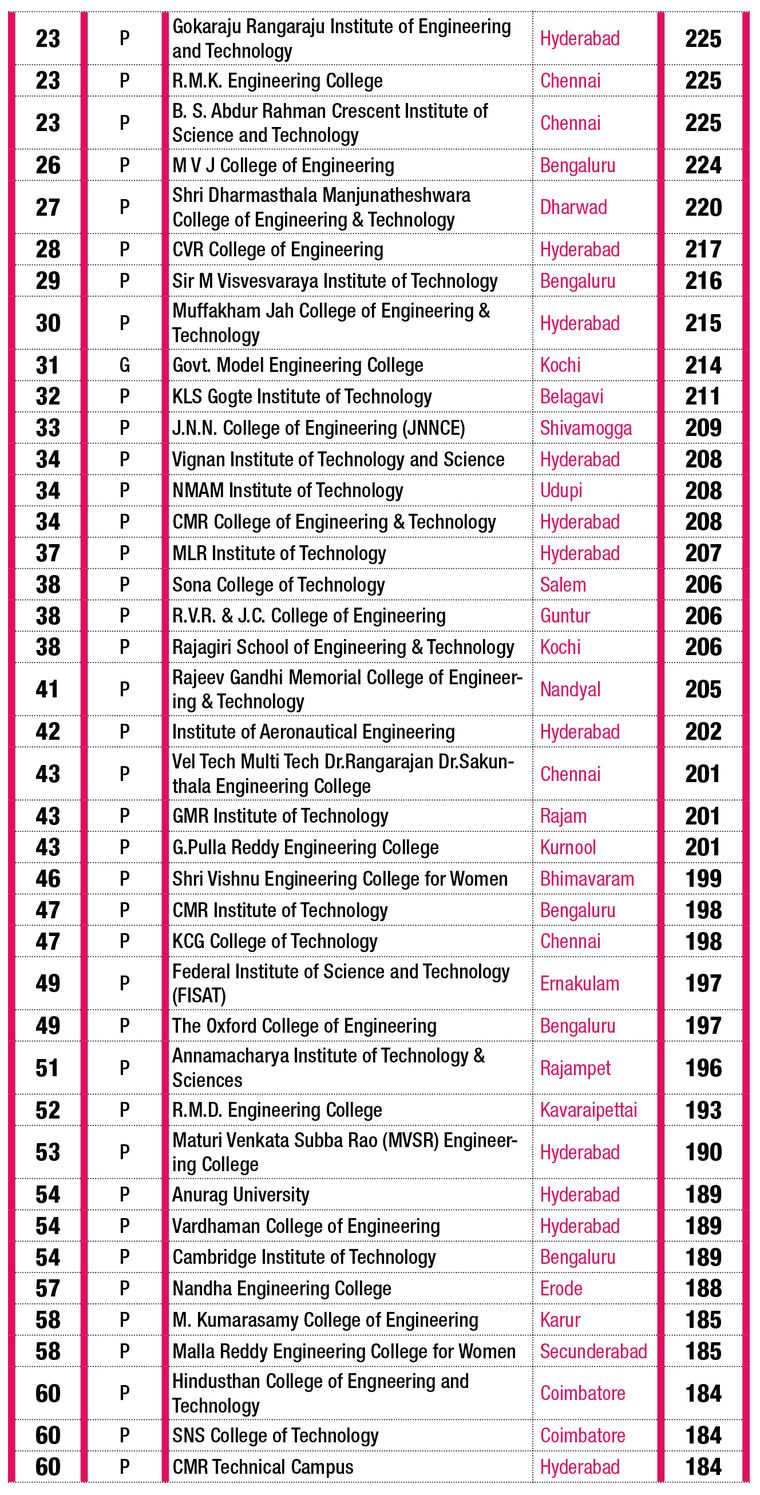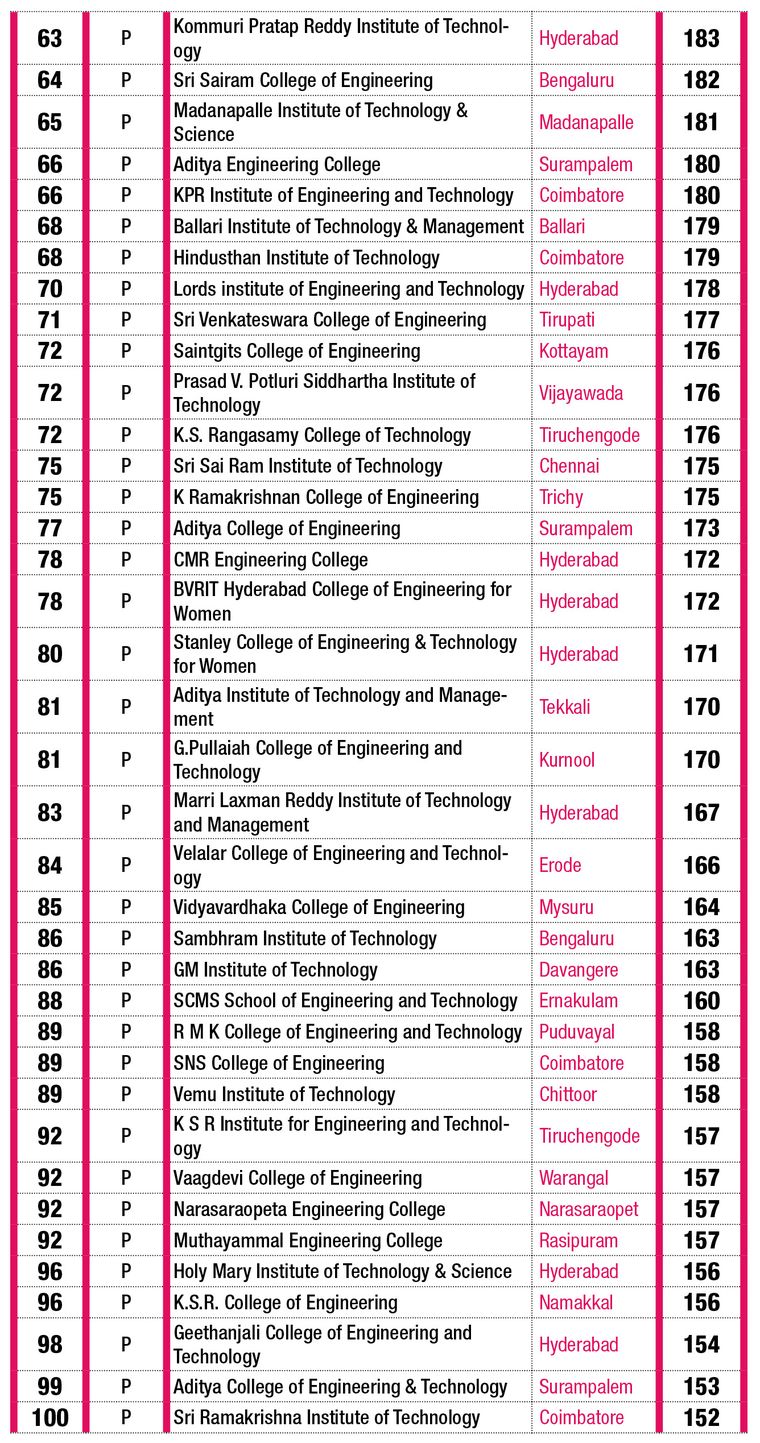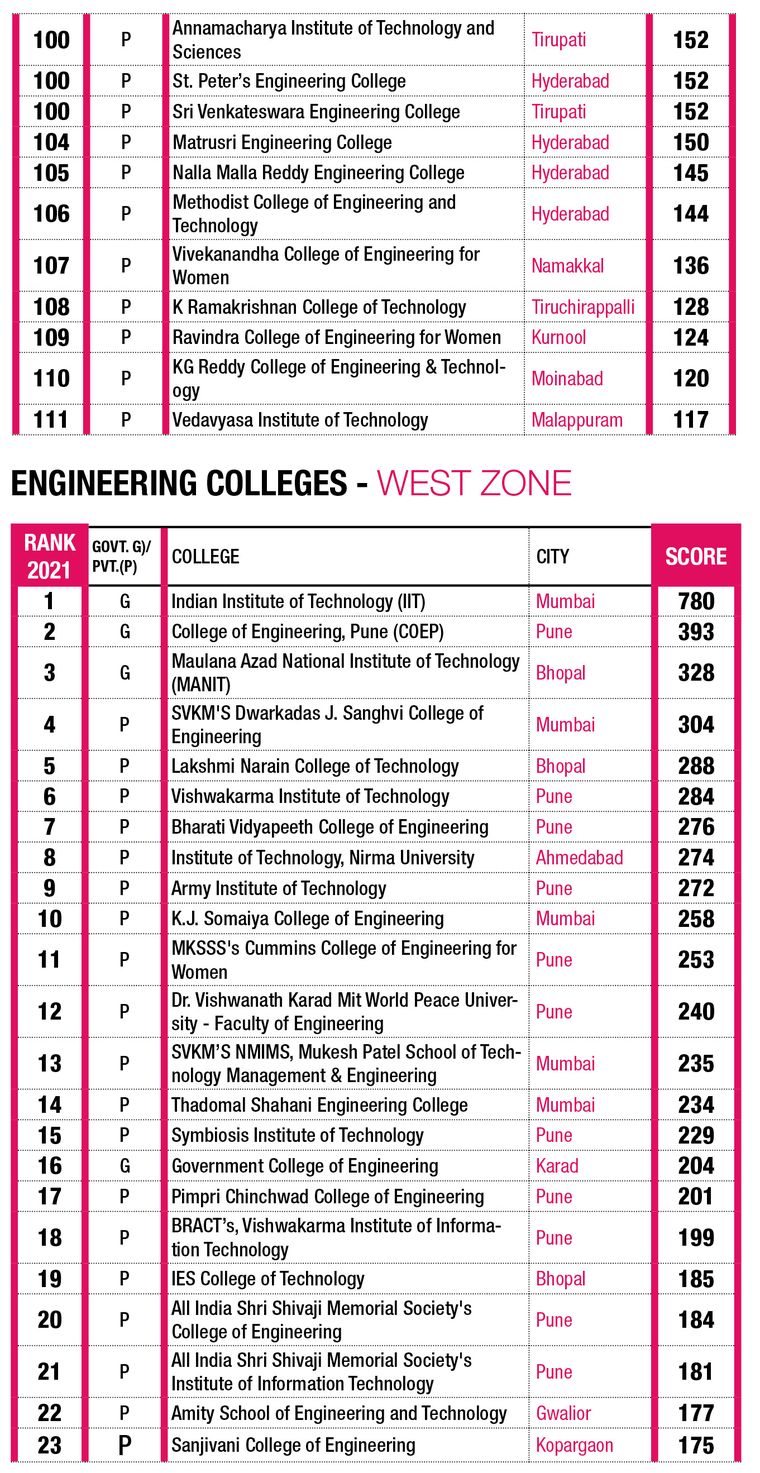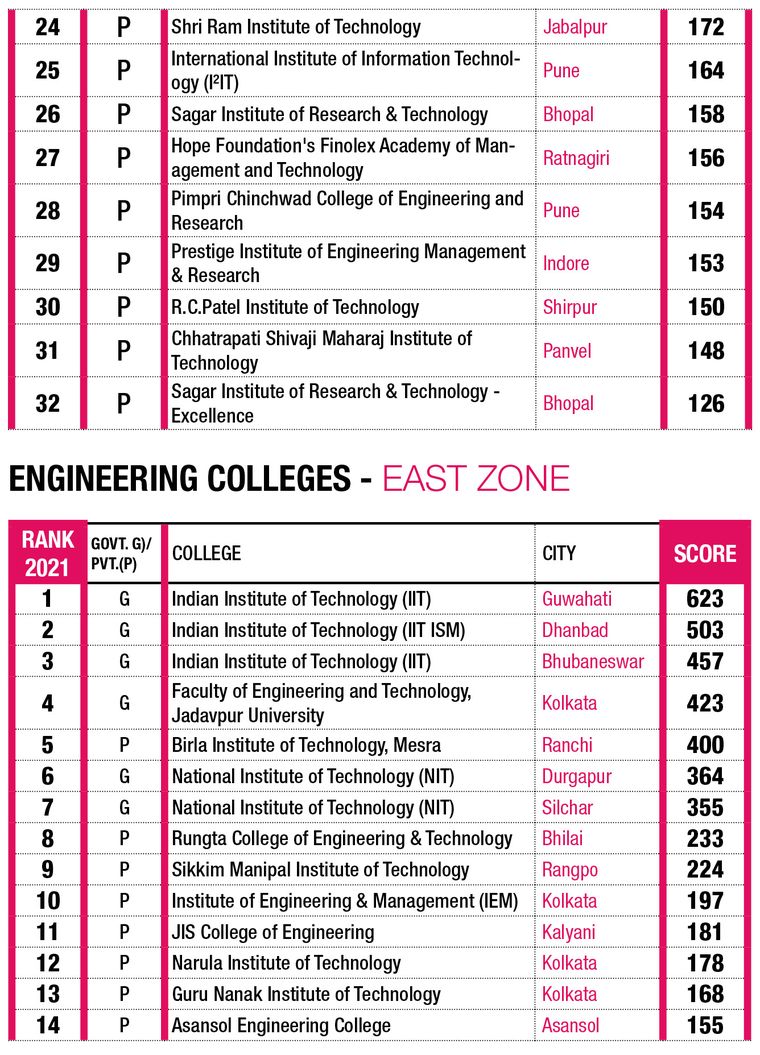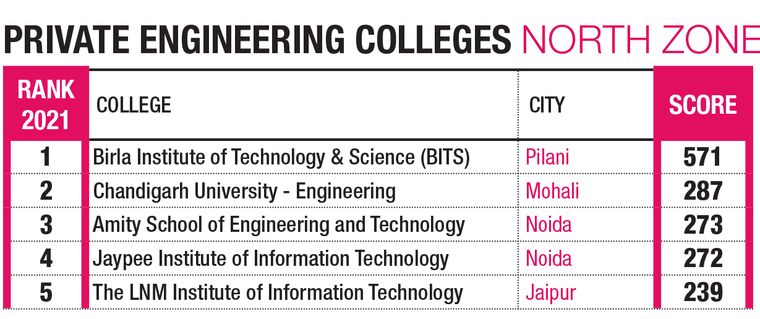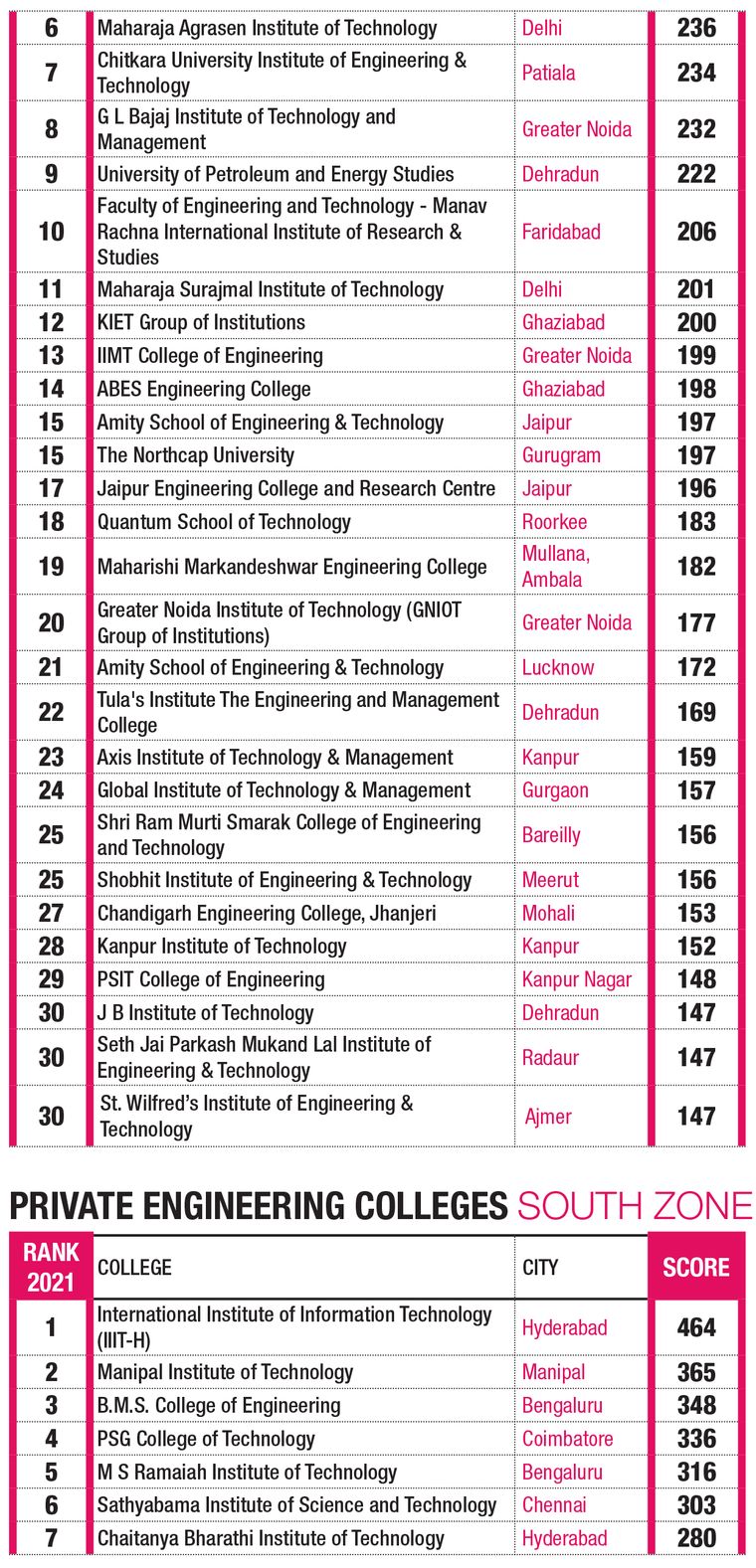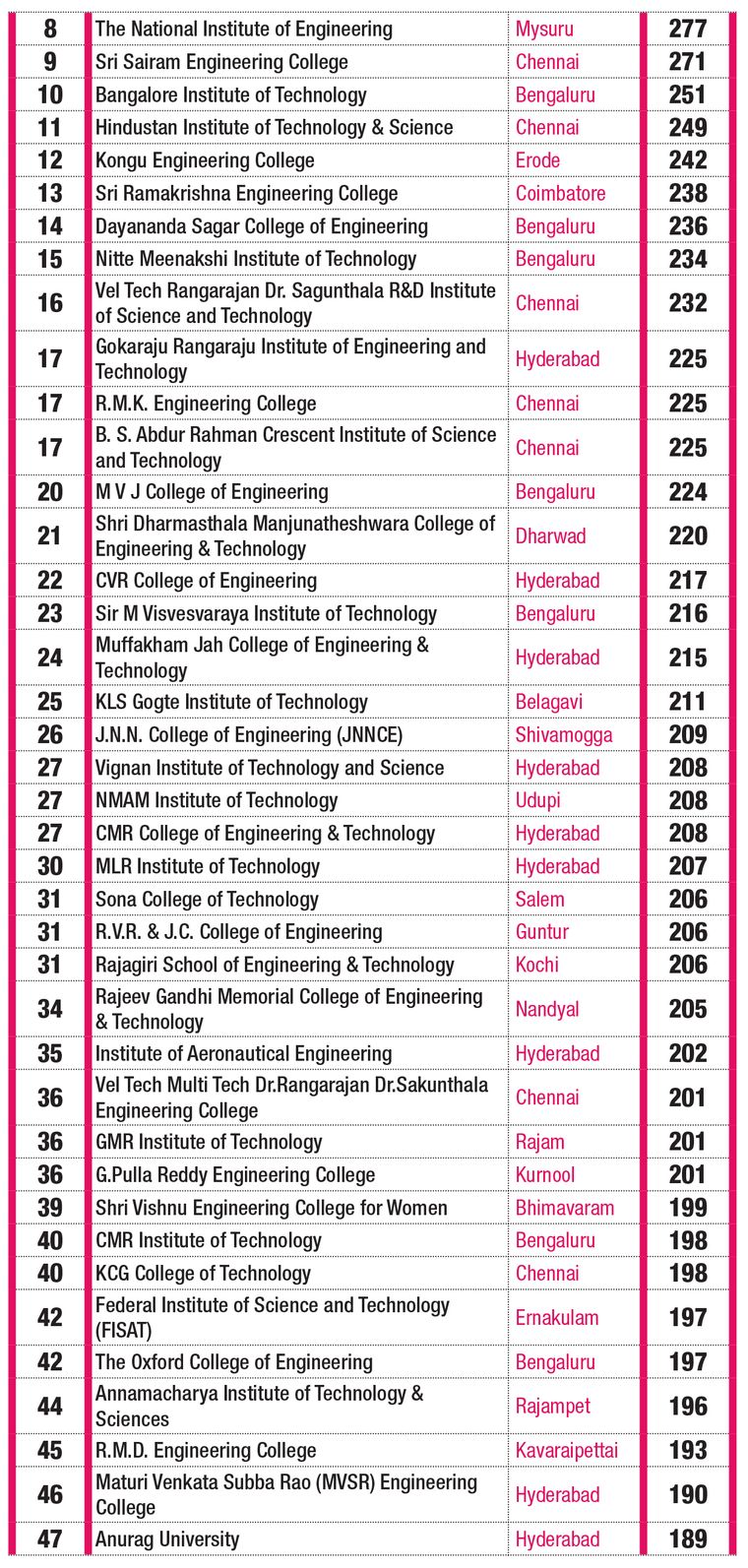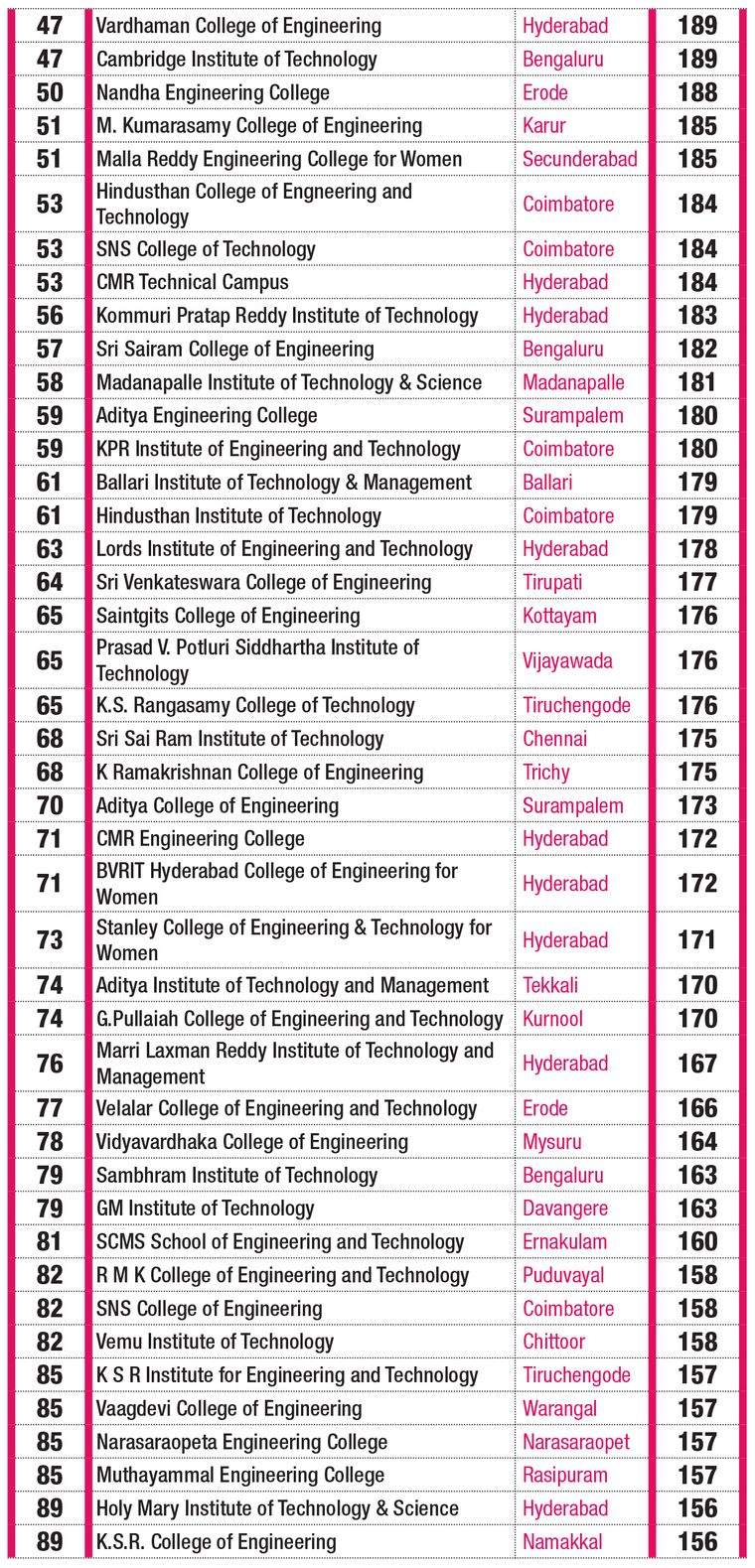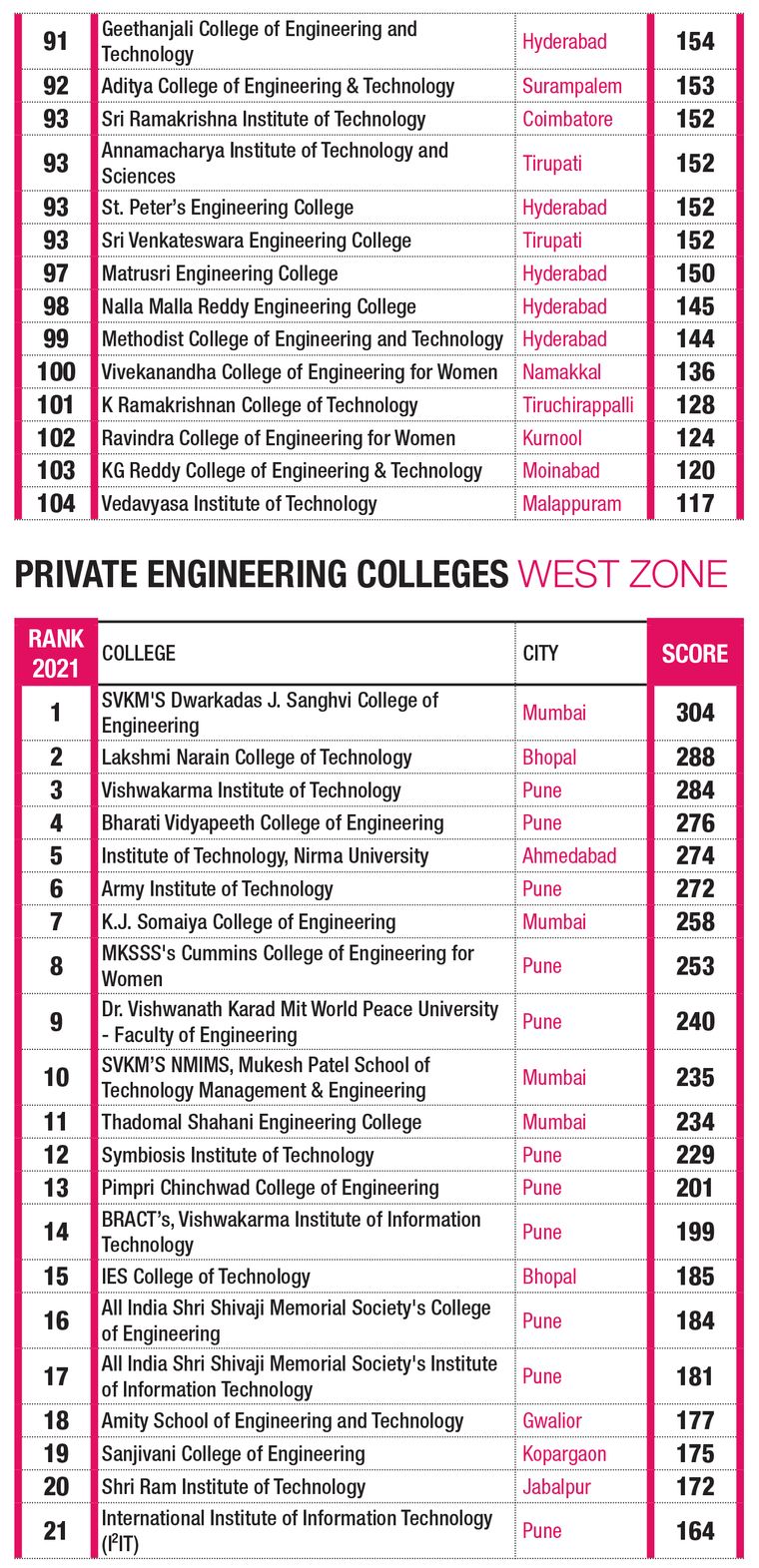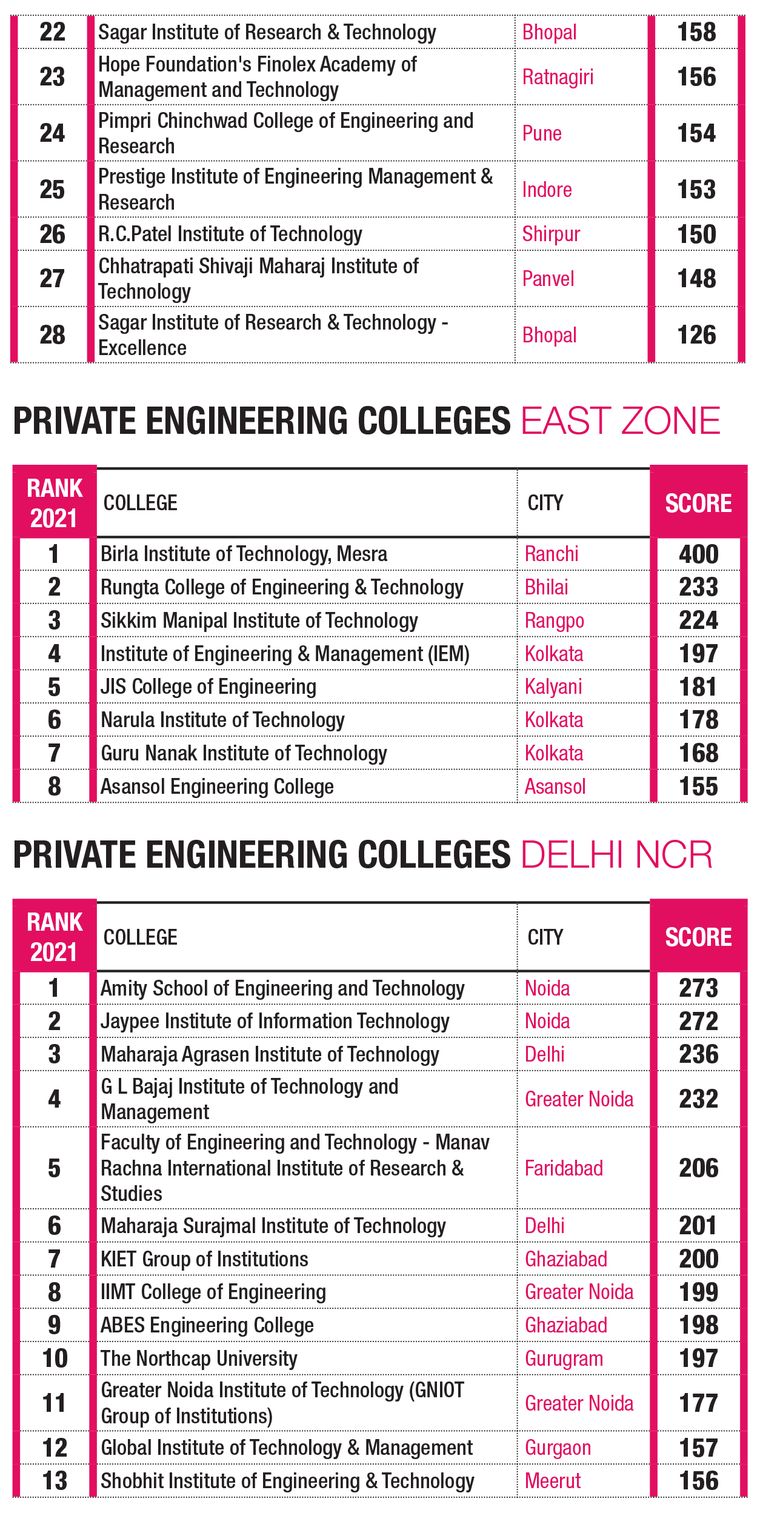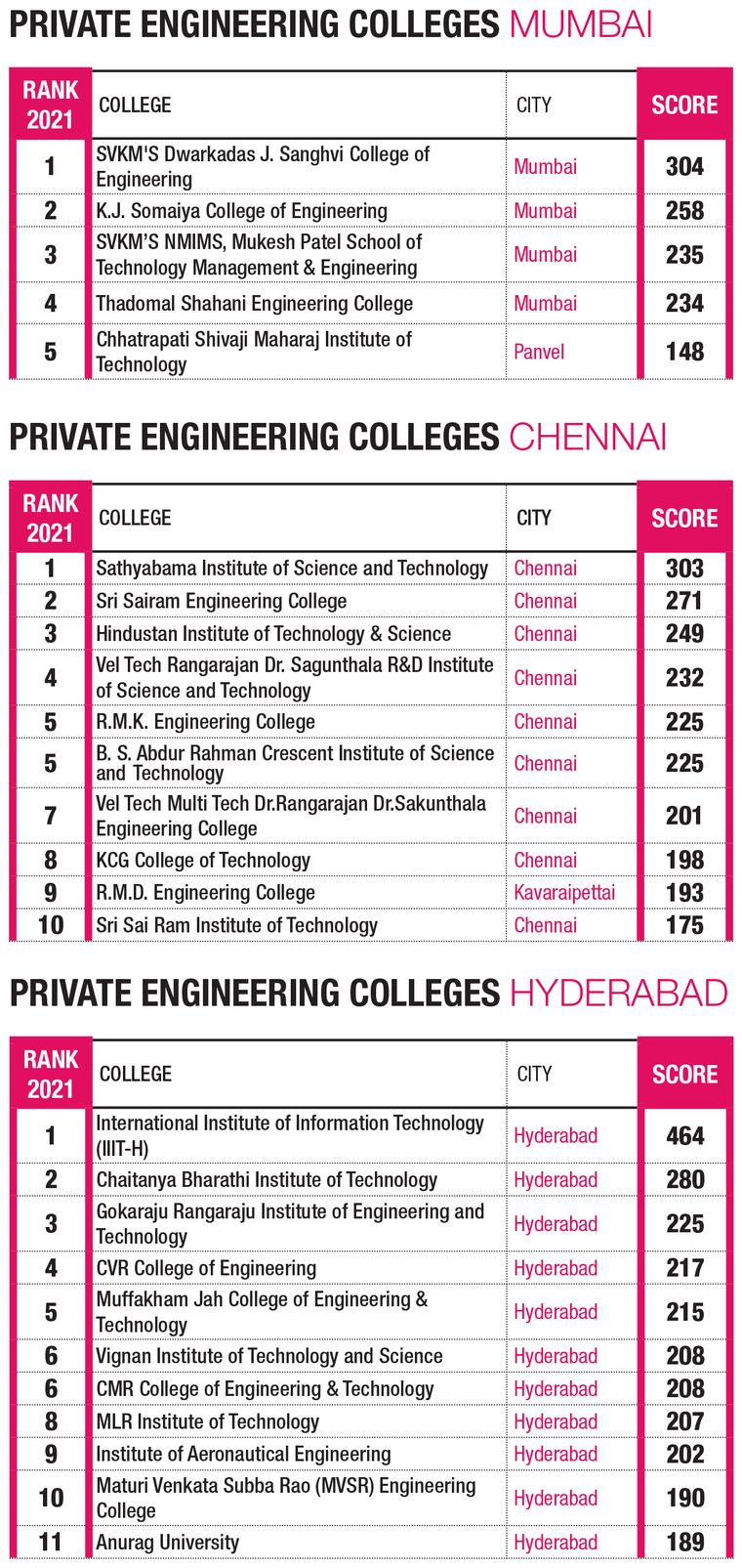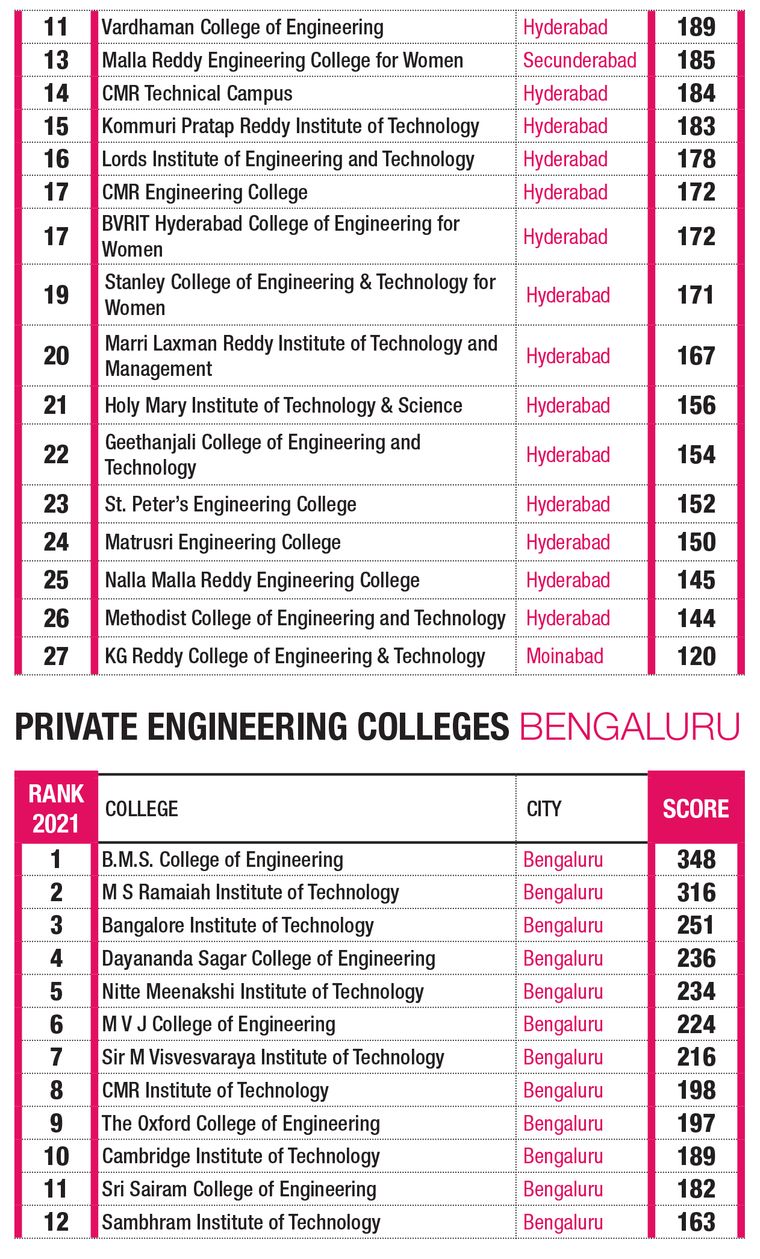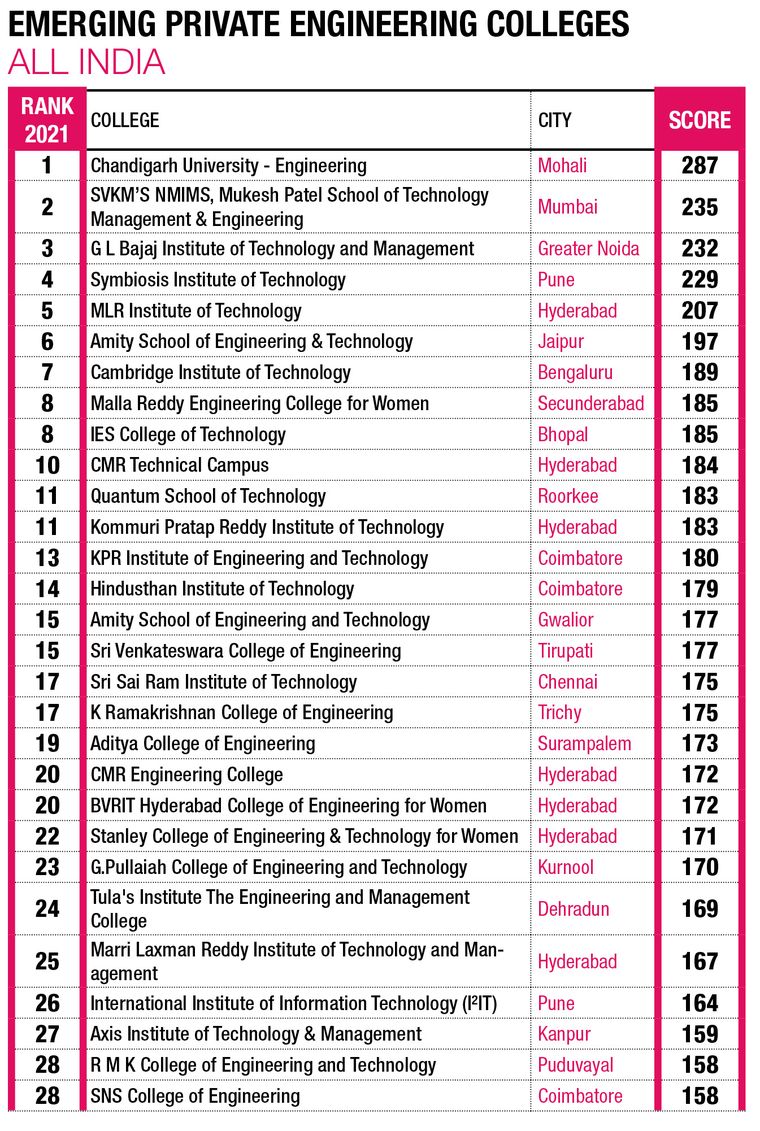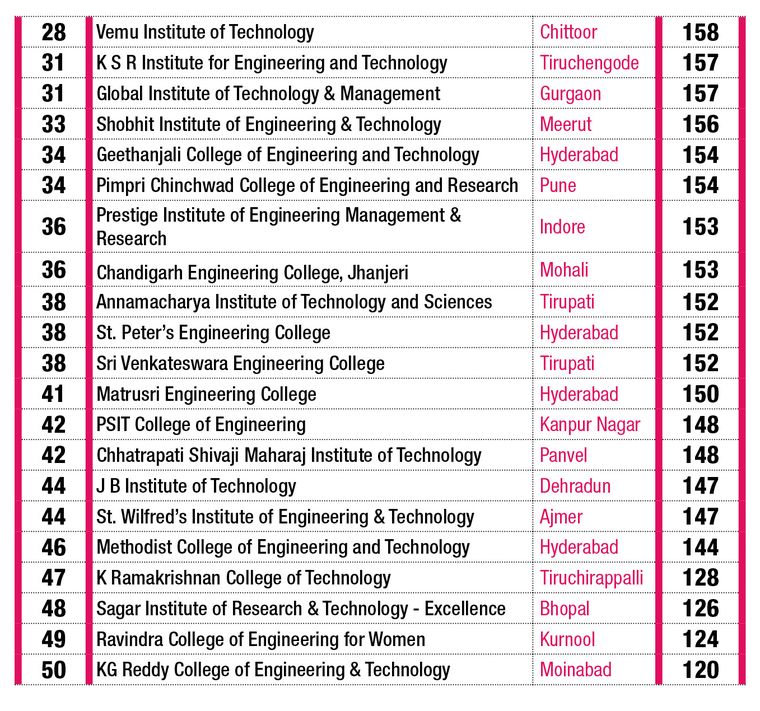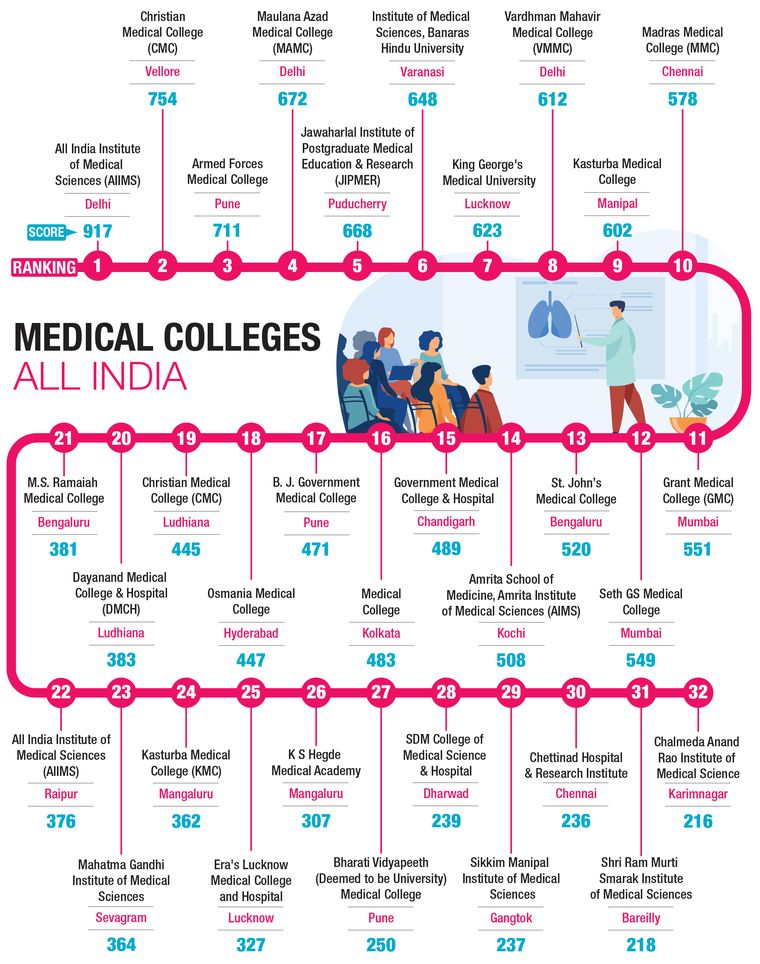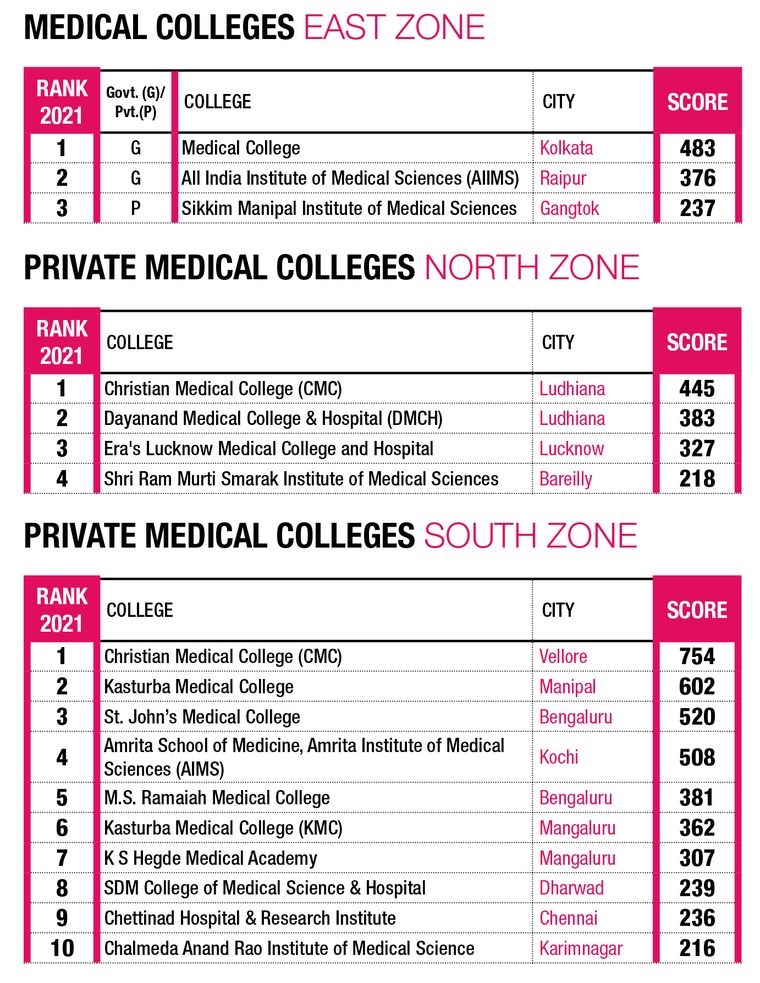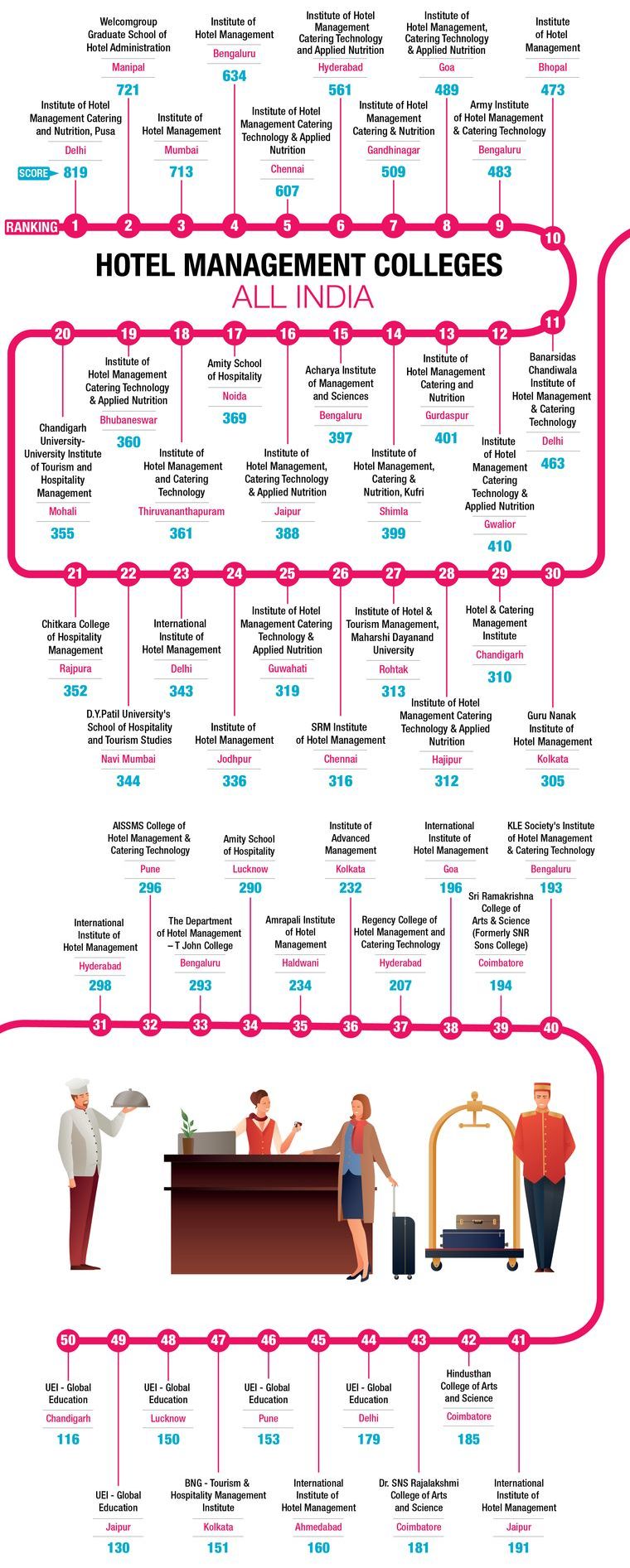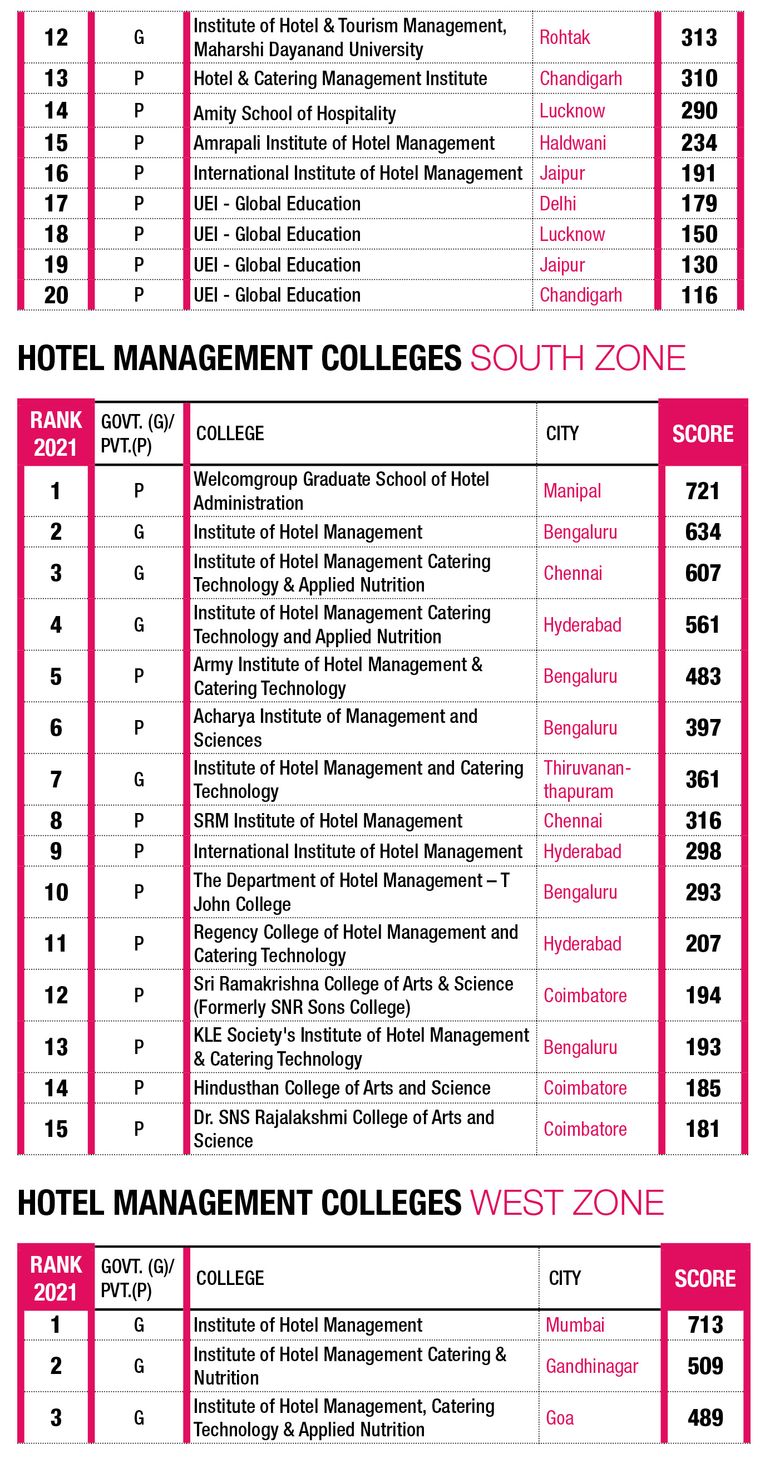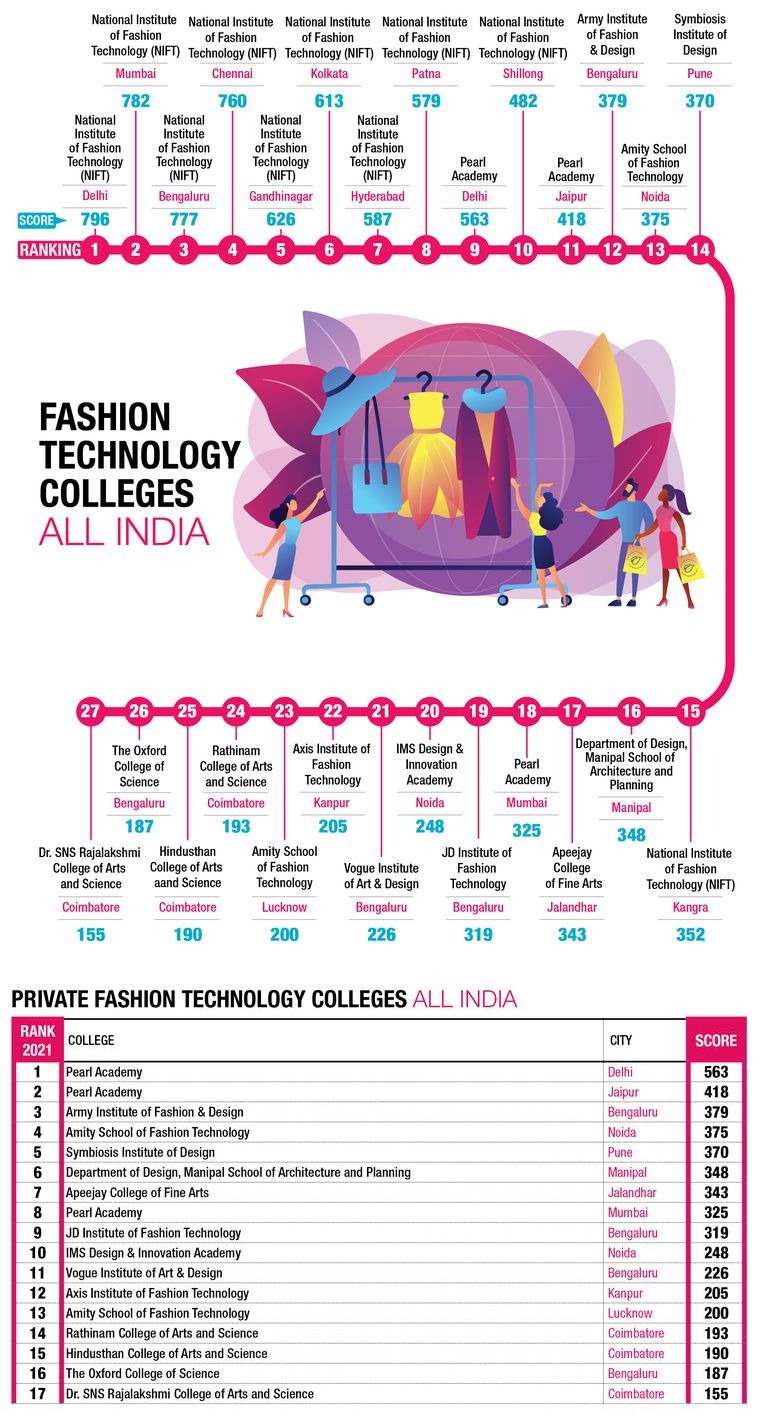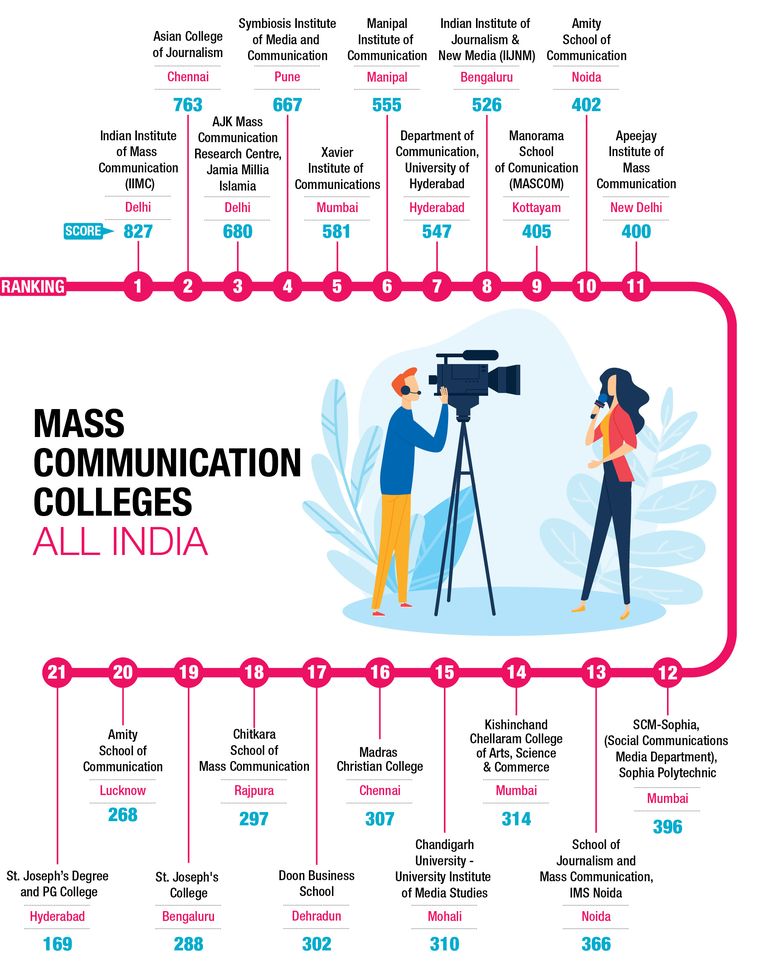Cyra Sumit, 20, from Kochi, Kerala, graduated from St. Stephen’s College, Delhi, in 2021. When the first lockdown shut down the campus in March 2020, just at the end of the second year of her BA (honours) economics course, she was confident that she would be back in her final year. But, as it turned out, she never went back.
She said that it was disheartening at times, the way her third year played out. However, she considers herself lucky to have spent two years on campus in India’s best arts and science college. But, yes, she feels bad for her juniors who started college life during the pandemic.
Fellow Kochi-resident Anagha Haycee Alex is among those juniors. She joined the BA (honours) English course in October 2020, but is yet to visit the campus. For Anagha, who had been dreaming of joining St. Stephen’s since she was in class 10, it was definitely not the start to college life that she would have imagined. But she remains remarkably buoyant. “The virtual experience has been very good,” she said. “At times, I feel that I am physically in college.”
She is now into her second semester and said exams have been cancelled; assessment is to be assignment based. “We have four-and-a-half hours of classes daily, including the morning assembly,” she said. “During the assembly, which is around 20-30 minutes, we get an opportunity to interact with the principal. He shares anecdotes daily. He also enquires about our well-being.”
She said that her class of 33 is divided into smaller groups that have tutorial sessions with teachers assigned to the groups. “We can clarify doubts during those sessions,” she said. “We can also call teachers or mail them.” She added that the Social Service Society at the college provides laptops to students who need them. She has also made friends in her class, virtually, and is looking forward to meeting them in person.
While that wait continues for students countrywide, it seems like India’s best colleges have all the bases covered for now. And, with increasing familiarity to the online mode, things could get even easier. Subhasis Chaudhuri, director, Indian Institute of Technology Bombay, said: “If online classrooms continue, they may get better as the faculty and students are more adapted to this mode of delivery.”
But he added that continuing online classes for too long could result in boredom and frustration in the minds of both faculty and students. This could make sessions less effective. Thankfully, it is a challenge that colleges are well aware of. Hence, the focus is on constantly evolving practices. While the technical institutions like IIT Bombay may have an edge, other colleges are catching up fast.
Rev. Dr A. Thomas, principal, Loyola College, Chennai, said: “Pedagogy for online learning has to adapt itself to changes impacted by industry 4.0.” He said assessment should be judiciously blended with the e-content and added that they now have a logbook to monitor the engagement of staff and the participation of students. The college also has a student initiative to lend gadgets to fellow learners who are in need.
As colleges gear up for the new year, there is also a renewed focus on the emotional and psychological pressure on students. Lady Shri Ram College, Delhi, has started an online certificate course titled Covid-19: The Psychology of Human Behaviour; it is aimed at fostering well-being among students. “Some of our faculty who are trained psychologists are counselling students,” said Suman Sharma, principal, LSR. “This dialogue is immensely useful and fosters a sense of community even though there is no physical presence of students in the college.”
Many colleges have also responded fast to mitigate challenges faced in the last academic year. For instance, St. Xavier’s College, Mumbai, had suspended some programmes like the social involvement programme and extracurricular activities. This was done in light of complaints from students about increased screen time. But principal Rajendra Shinde said suspending these activities “took away the essence of Xavier’s”.
“In the new academic year, we would like to reintroduce these activities in a modified way,” he said. “We will be having an online virtual college fest. We are restarting our social involvement programme and have identified NGOs which require more online help. So, students will be doing their social work online.” The college is also planning to create online, value-added courses, open to non-Xavierites, too.
Another initiative most top colleges in the country have prioritised is providing remote access to their libraries. The LSR library even upgraded its computer systems to support the online library services, which apart from journals and e-books, also include access to newspapers and magazines. Students at Delhi University colleges also have access to the university’s library system.
There is hope that 100 per cent vaccination would speed up the reopening of colleges. But, 2021-2022 is still likely to follow a hybrid mode. “To maintain physical distance between students, we will have to call them in batches,” says Shinde. “So, there will be a mix of online and offline teaching. The advantage of this would be that the science students will be able to do their practicals.”
Change in plans
Meanwhile, Covid-19 has also forced many students to re-evaluate their plans, especially with regard to going abroad. Nikita Deshpande, 18, of Belagavi, Karnataka, wanted to pursue a course in medicine abroad, but could not do so this year because of the postponement of her class 12 exams. “Most of the colleges started functioning normally in the west and their admission process was on track,” she said. “Now, I will have to concentrate on getting into a good medical college in India.” She is preparing for the National Eligibility cum Entrance Test and said that there was tremendous pressure as by the time NEET results are out, all other options for the year would have evaporated.
Her mother, Bhavana, is concerned, too. “Because of the pandemic, many students have decided to pursue professional courses in India rather than try to go abroad,” she said. “I believe NEET will be more competitive.” She added that Nikita was affected by the scenario and the postponement of her exams. “She just stopped studying,” said Bhavana. “Sometimes, I found her too put off by everything that was happening, but I kept encouraging her.”
Apart from the practical challenges posed by the pandemic, such as the postponement of exams, it has also resulted in a change in perspective for some students. Anush Gandhi, 18, who completed his schooling from Aditya Birla World Academy, South Mumbai, scrapped his plan to go abroad or even outside his city. “It was my own decision to stay with my parents for at least the next three to four years,” he said. “I thought it would be better to be with them during a pandemic.”
His mother, Himali, supports his decision fully. “The pandemic has changed our value system,” she said. “Children are rethinking whether it is right to go away from their families for higher studies. Many children have seen their loved ones falling sick and suffering during the pandemic.” She added that she has no problem sending Anush to a campus, as long as the college takes necessary precautions.
Lt Col (Dr) T. Vijaya Sagar
Dean, Symbiosis Medical College for Women
Symbiosis International University, Lavale, Mulshi, Maharashtra
Multidisciplinary education and personality development are inherent to the Symbiosis ethos. In addition to the curriculum, students can undertake online courses of their choice and are regularly exposed to extracurricular activities like adventure sports, photography, debating, quizzing, and sports and games.
Sasangan Ramanathan
Dean (engineering), Amrita University
Several pedagogical modifications were made to ensure that online learning was interesting, participative, made use of virtual labs and had more discussion hours to keep the students engaged. There was emphasis on self-study with mentorship from faculty and evaluations based on projects and viva voce.
Girish Desai
Executive director, Pimpri Chinchwad Education Trust (PCET), Pune
If education institutes are allowed to take regular classroom sessions, we are ready to start, while following all safety measures. We are also prepared to conduct all academic and cocurricular activities in the online mode. All educational institutes under the PCET are well equipped for either scenario.
Maitreyee Chaudhuri
Group director, IAM Institute of Hotel Management
All processes are now in a blended mode to ensure there is no gap in learning and evaluation. The virtual platform created opportunities for sessions from international master trainers, which may have been difficult otherwise. Students were able to get the best of both contact and virtual modes of learning.
Sam Paul
Director, Krupanidhi Group of Institutions
It is evident that the future is in a blended form of education. While being at campus for some practical education is essential, remote learning cannot be withdrawn entirely. Hence, the amalgamation of online and offline approaches to the teaching-learning process is going to be normal for students this year.
Indranil Sengupta
Vice-chancellor, JIS University
Academic details and routines have been chalked out in consultation with principals of the various educational institutes under the aegis of JIS. Both theory and practical classes, including question- and-answer solving sessions, will be held regularly through online platforms until further notification from regulatory bodies.
Tejinder Kaur
Principal, Army Institute of Law, Mohali
The effective methods of teaching, conducting assessments and ensuring that teaching-learning is interesting, engaging and context specific are essential for online mode of education. Students will have to adopt and accept the methods of online teaching-learning process using technology.
Dr Farzana Mahdi
Vice chancellor, Era University
Use of technology in the form of online learning tools, software and learning management systems has helped our students scale new heights. [Our] animation department produces 3D animation videos to complement the lectures and [our] educational gaming platform creates world-class games that hone the skills of students.
Vandana Arora Sethi
Group director, Lloyd Group of Institutions
Teachers and students have made use of one-stop apps to centralise processes like practice quizzes and tests. The data gathered help in making the track record of students stand out; our teachers have been leveraging this to impart customised knowledge and give individual attention to students.
Devinder Narain
Director, corporate relations, Shobhit University
Blended education is the future. It is not only about faculty and students, teaching and learning. It also gives an opportunity to bridge the gap between the university and the industry. For example, an experienced worker can teach students from a remote location like his factory or office.
Madhu Chitkara
Pro chancellor, Chitkara University, Punjab and Himachal Pradesh
Users have been provided authentication keys to check the availability of any book/journal [in our library system]. The library team has done a phenomenal job in honouring 100 per cent of the requests received. More than 13,000 students have benefited from this service directly or indirectly.
B.L. Shivakumar
Principal and secretary, Sri Ramakrishna College of Arts and Science, Coimbatore
The faculty used more than 60 tools for teaching, classroom management and internal evaluation. We believe that the new methods, new modes and new models adopted so far will flourish. Utmost care has been taken to prepare the student community and to get them ready to face a competitive world.
Ina Shastri
Vice chancellor, Banasthali Vidyapith
Online has remained at the forefront of delivery modes and we anticipate that it will remain so for the remainder of 2021. A proactive approach to learning design by professors and the institutes will be called for as long as the situation remains fluid and unpredictable.
Rajul Karsoliya
Chairman, Shri Ram Group, Jabalpur
New labs and centres have been launched dedicatedly to research on topics like augmented reality, virtual reality and 360° imaging. These immersive technologies will surely help students understand theoretical concepts more easily, prepare them for careers through enriched simulated experiences and keep them engaged in the learning process.
M. Akila
Principal, KPR Institute of Engineering and Technology
Fusion of conventional and online learning requires a careful technology selection and a proactive approach in teaching-learning. Regular classes and placement training for the third- and fourth-year students are done online and we will complete the odd semester successfully in November 2021 and the even semester in June 2022.
S.R.R. Senthil Kumar
Principal, Sona College of Technology
As part of the interdisciplinary approach, the college has introduced open elective, choice-based credit and credit transferability. A student may drop a subject and go for a MOOC course that blends with the major subjects. They may also take any number of additional MOOC courses.
Raj Kushwaha
Chairman and managing director, Axis Colleges, Kanpur
In the admission process, we are planning to organise track-based webinars and tutorial videos to help candidates through the admission process. We have also included alumni testimonials. The college is planning to adopt augmented reality in pedagogy. This will help the faculty enhance classroom experiences.
Research methodology
THE WEEK conducted the Best Colleges Survey 2021 in association with Hansa Research to rank the top colleges in India. This year, the study was done across 10 disciplines—arts, science, commerce, engineering, medicine, dentistry, law, hotel management, fashion technology and mass communication—and covered 22 cities.
As many as 1,074 academic experts, 2,055 current students, 722 aspiring students and 35 recruiters took part in the primary survey. Opinions of recruiters were taken only for engineering colleges. Aspiring students were interviewed for arts, commerce, science, engineering and medicine.
The respondents were asked to nominate and rank the 25 top colleges in India and their respective zones.
Perceptual score was calculated based on the number of nominations and the actual ranks received.
For factual data collection, a dedicated website was created and the link was sent to more than 3,500 colleges. Of the 452 colleges which responded, 18 were rejected as they did not meet the eligibility criteria—the programme should have a minimum of 20 seats, at least three batches should have graduated from it and at least 40 per cent of seats should have been filled in the last academic year (30 per cent for arts, science and commerce).
Factual score was calculated based on weightages assigned to parameters such as infrastructure, faculty, teaching-learning process and extracurricular activities, placement and hospital association (for medicine and dentistry).
Final score = Perceptual score (out of 600) + factual score (out of 400)
Some colleges could not respond to the survey. For them, the composite score was derived by combining the perceptual score with an interpolated factual score based on their position in the perceptual score list.



